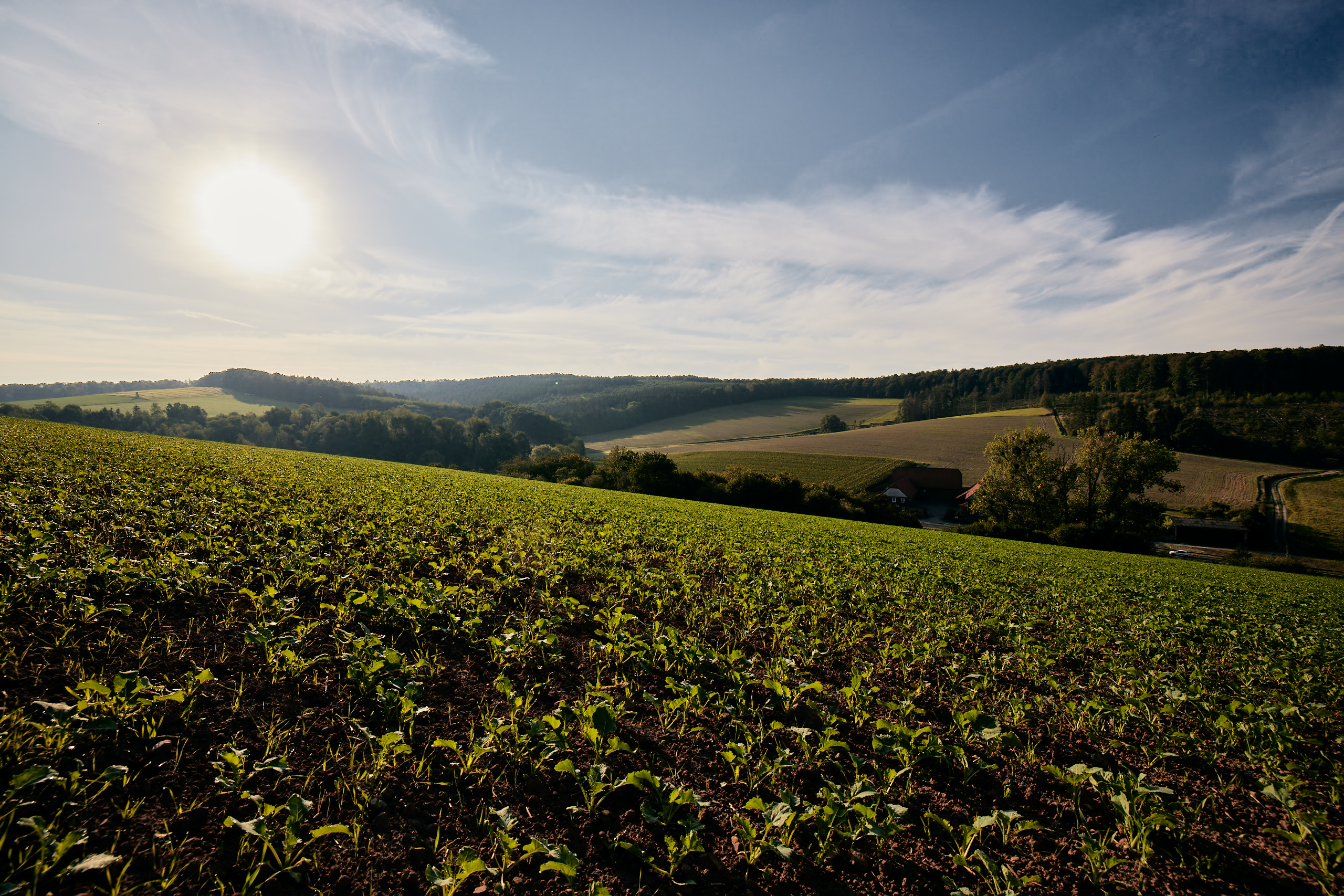-
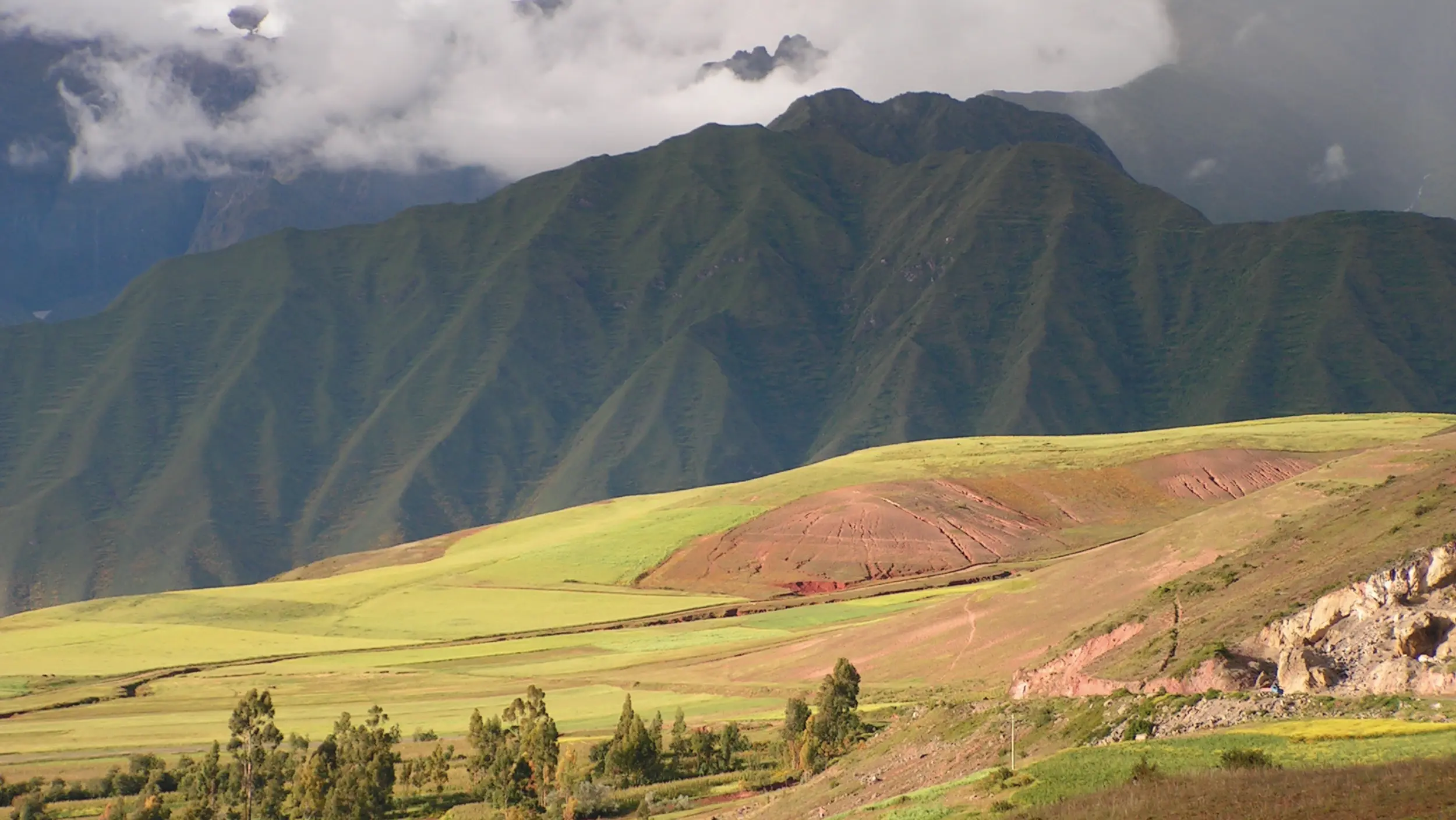
Supporting the world to grow
Development Cooperation – the KWS commitment
Smallholder farming is of crucial importance in many developing countries, where it serves as the cornerstone of rural economies. For example in Asia and sub-Saharan Africa, smallholder farmers produce up to 80 percent of the food supply. Smallholder farmers typically cultivate a wide variety of crops, making them important custodians of traditional and indigenous crop varieties. Farming contributes significantly to household income and poverty reduction.
Smallholder farming in developing countries secures global food
We recognize the pivotal role of smallholder farming in global food security and sustainable development. Since the year 2012, KWS has been working with smallholder farmers in developing countries, to support them with increased access to education and training, conservation of plant genetic resources, plant breeding, and establishing seed systems.
We believe that training of young researchers and future farmers is of crucial importance in development cooperation. They represent the new generation and play a pivotal role in advancing technological innovation and driving the sustainable development in their countries. By providing training opportunities, resources, and know-how, we contribute to the creation of a skilled workforce equipped to address local challenges now and in the future.
Our strong commitment to advancing global food security and contributing to a more sustainable world is reflected in our development cooperation efforts. Additionally, these initiatives play a crucial role in fulfilling our obligations under the International Treaty on Plant Genetic Resources for Food and Agriculture.
Discover our current and past projects
Ongoing cooperation with Zambian farmers
Zambian farming systems are characterized by varying agroecological zones from the high rainfall regions of the north to the semi-arid areas in the south. Small-scale and subsistence farming systems are the backbone of rural livelihoods in Zambia, where corn is the staple crop and forms the dietary main element. Main challenges in farming include erratic rainfall, limited market access, and limited mechanization.
Our KWS development project ‘Seeds for Zambian Incomes and Livelihoods’ (SeZIL) started in July 2021. It is supported by DEG Impulse via the develoPPP program with funds from the German Federal Ministry for Economic Cooperation and Development (BMZ) and conducted in collaboration with the local partner Good Nature Agro.
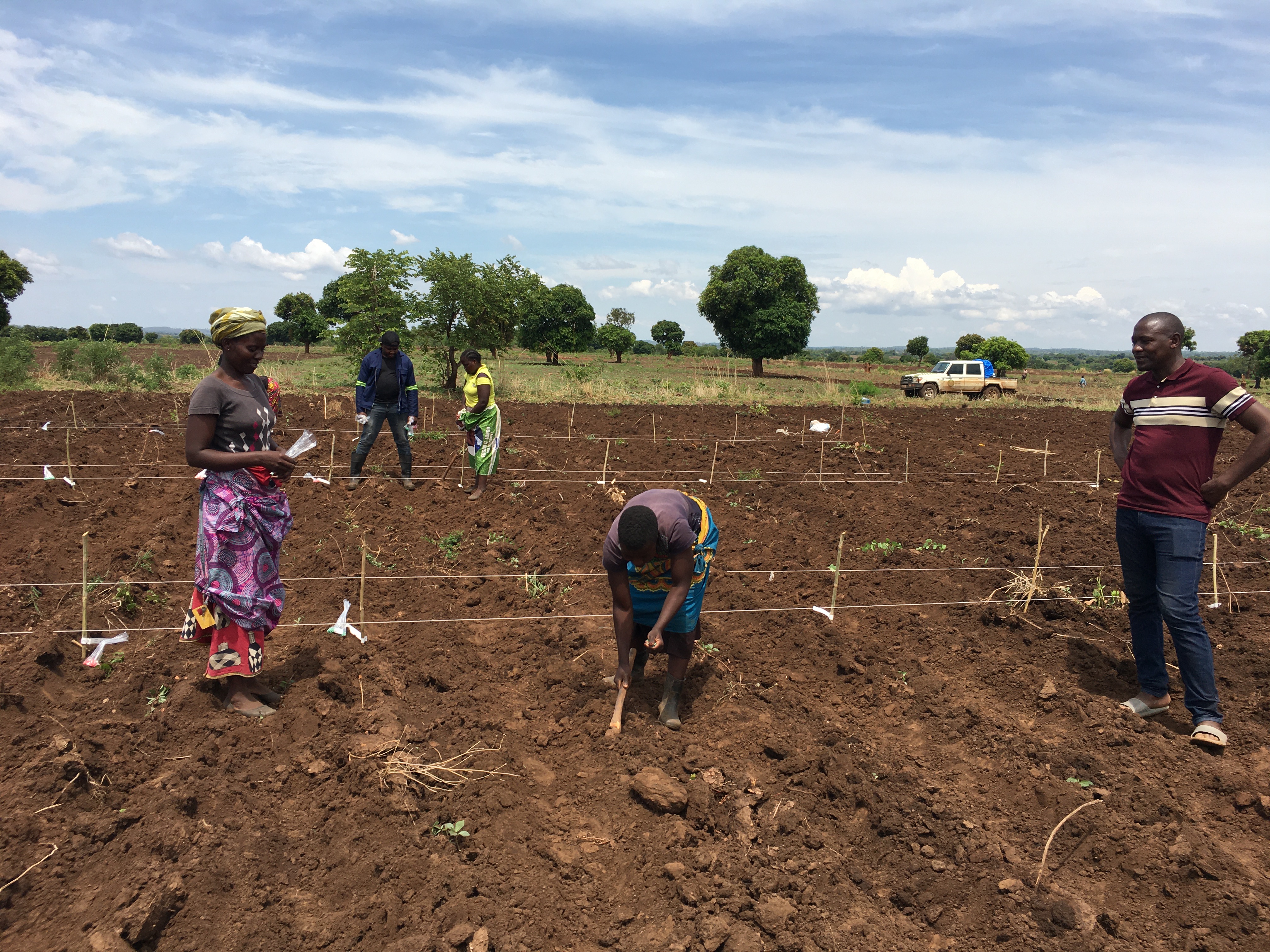
„With SeZIL trials, we have found corn varieties that are best for our area. Our yields and income have improved, and I can provide schooling for my children.“
Grow in(to) the agricultural community
As part of an on-farm testing network, our farmers are provided with new varieties of corn, beans, sorghum, sunflower and soybean. The aim is to discover the best-fitting and most productive varieties for the local conditions. Through the trials conducted thus far, this participatory testing network has empowered farmers to actively engage in variety trialing and take ownership of the entire process. Farmers also undergo training in seed systems and seed production, fostering knowledge exchange between seasoned and novice farmers. This collaborative training initiative facilitates the transfer of expertise, with experienced farmers sharing their insights with newer members of the agricultural community.
In our commitment to bolster female and young farmers, we have established a target of incorporating 50% women and 30% individuals under the age of 30. This initiative aims to promote inclusivity and create opportunities for underrepresented demographics within the agricultural markets.
Benefits for farmers’ income and livelihoods
Improved access to diverse crop varieties
- Via establishing on-farm trialling of corn, sorghum, sunflower, beans, and soybean
- Via a local seed production and distribution network
Skills and know-how needed
- In local variety field testing
- In seed systems and seed production
Long-term ability to produce and maintain the best varieties
- Via an established, inclusive business model that includes women and young farmers
- Based on a local variety testing, seed production and distribution network
- Building farmers’ ownership and know-how, as well as farmer to farmer knowledge sharing networks
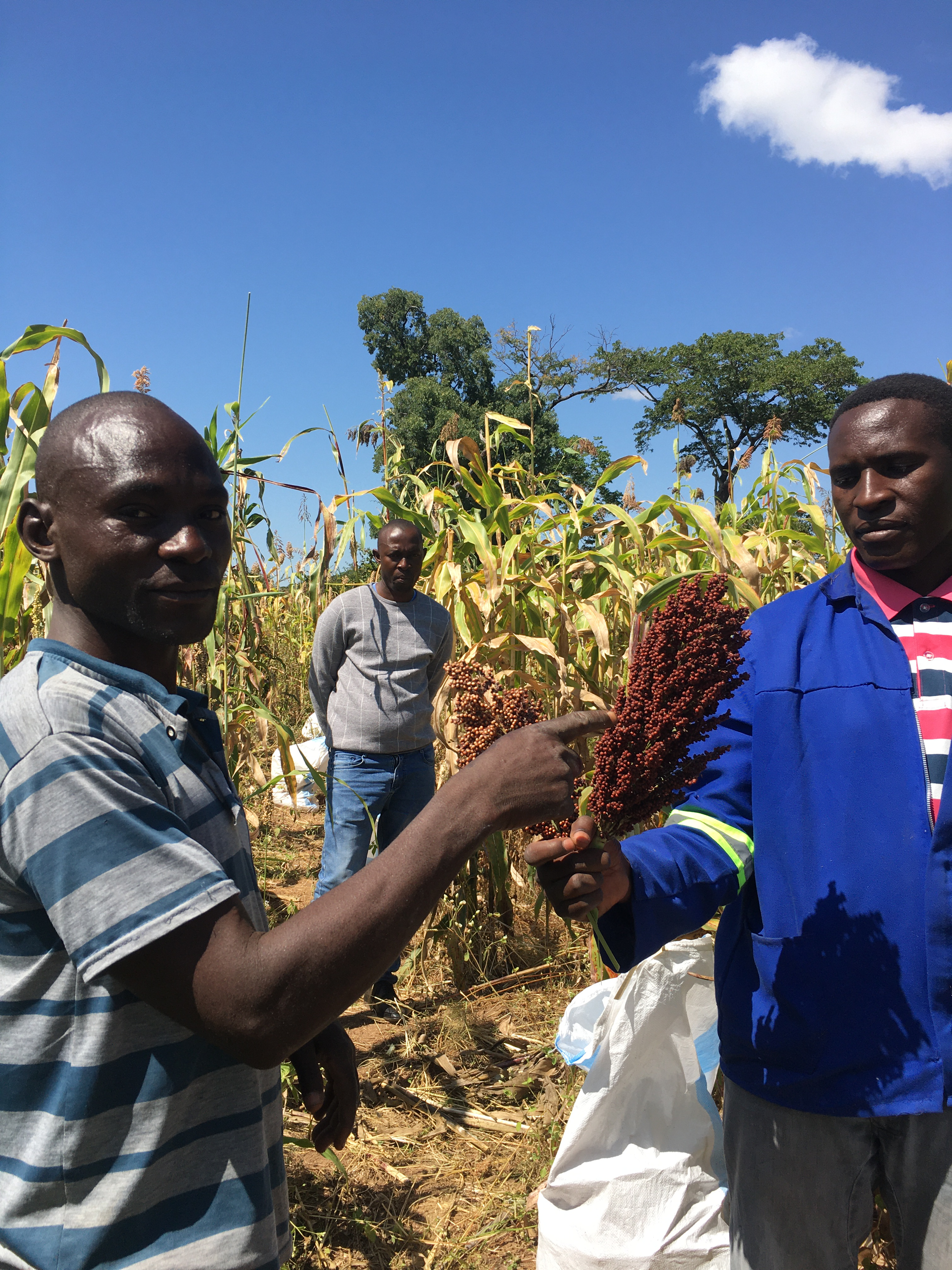
„By sharing what I have learnt, I help also other farmers choose and grow the best sorghum varieties for the market and home use.“
Our partner Good Nature Agro
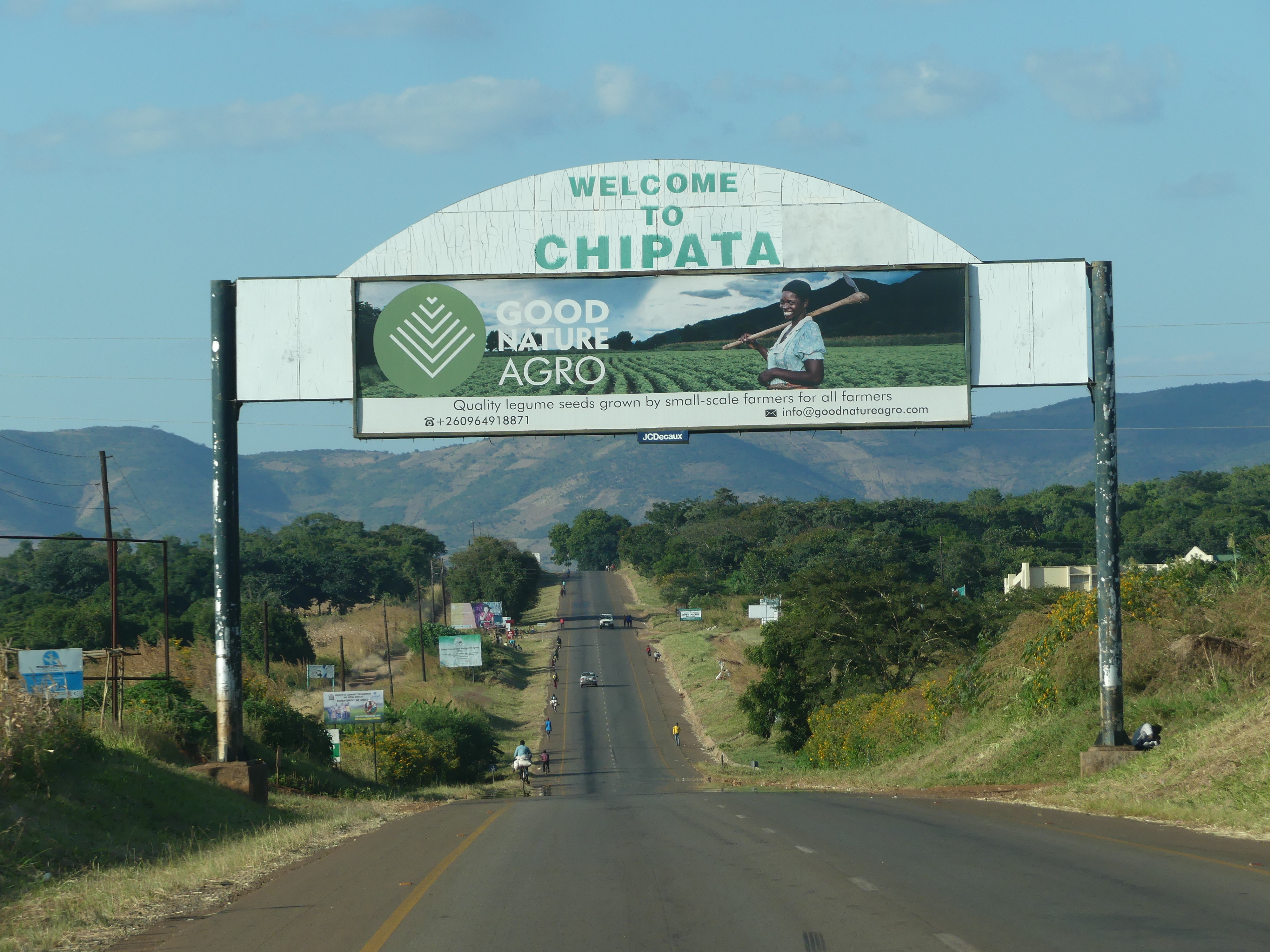
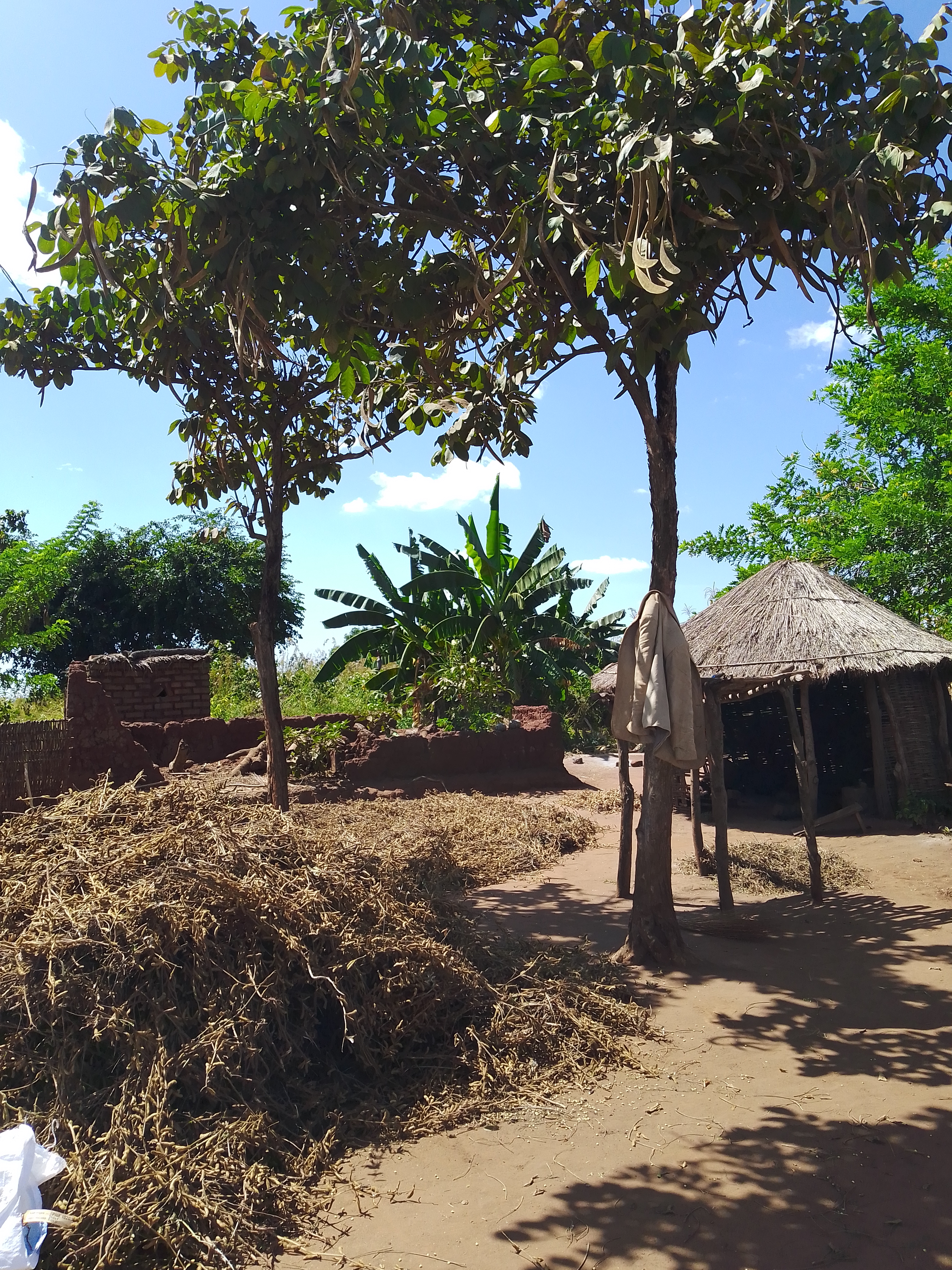
Aim to bring benefits for both the farmers and the environment
Good Nature Agro is a social enterprise that works with smallholder farmers to improve agricultural practices and increase productivity. Focussing on legume crops, GNA enables farmers to increase their productivity levels by training and enhanced access to quality inputs and credits. After the harvest, farmers are linked to prime markets, which enables them to achieve much better prices. GNA works with a network of more than 10,000 small-scale farmers, and the number is increasing each year. These farmers have expressed to include not only legumes but also other crops in the activities.
By working together with Good Nature Agro, KWS aims to provide farmers access to high-quality seeds of non-legume crops, training and support. The long-term goal is to enhance farmers’ incomes and food security, leading into an overall improvement in the development in rural communities.
Find more about our partner here
Corn and Quinoa variety development and conservation of genetic diversity
Peru’s landscape spans from sea level to over 6000 meters in altitude, giving rise to diverse farming systems. Small-scale farmers predominantly cultivate vital crops such as quinoa and corn, which now face threats from climate change and environmental degradation. In remote regions, chronic food shortages and malnutrition further exacerbate the challenges.
Our KWS projects in Peru (2011-2023) aimed at promoting the development of new varieties of corn and quinoa and conserving their genetic diversity. To enhance the country's plant-breeding expertise in the long run, Peruvian scientists underwent comprehensive training in diverse, practical methodologies, led by Professor Karl Schmid from the University of Hohenheim. Employing a "training of trainers" model within the Peruvian universities allowed us to maximize the initiative's reach and impact.
Project activities in Peru
Corn
Optimization of the management of corn genetic resources, including the development of new methods and the training of Peruvian students and academic staff.
Quinoa
The characterisation of quinoa genetic resources from seed samples, and the development of automated image analysis tools.
Quinoa
Development of effective quinoa breeding strategies and making new robust quinoa varieties available to Peruvian farmers.
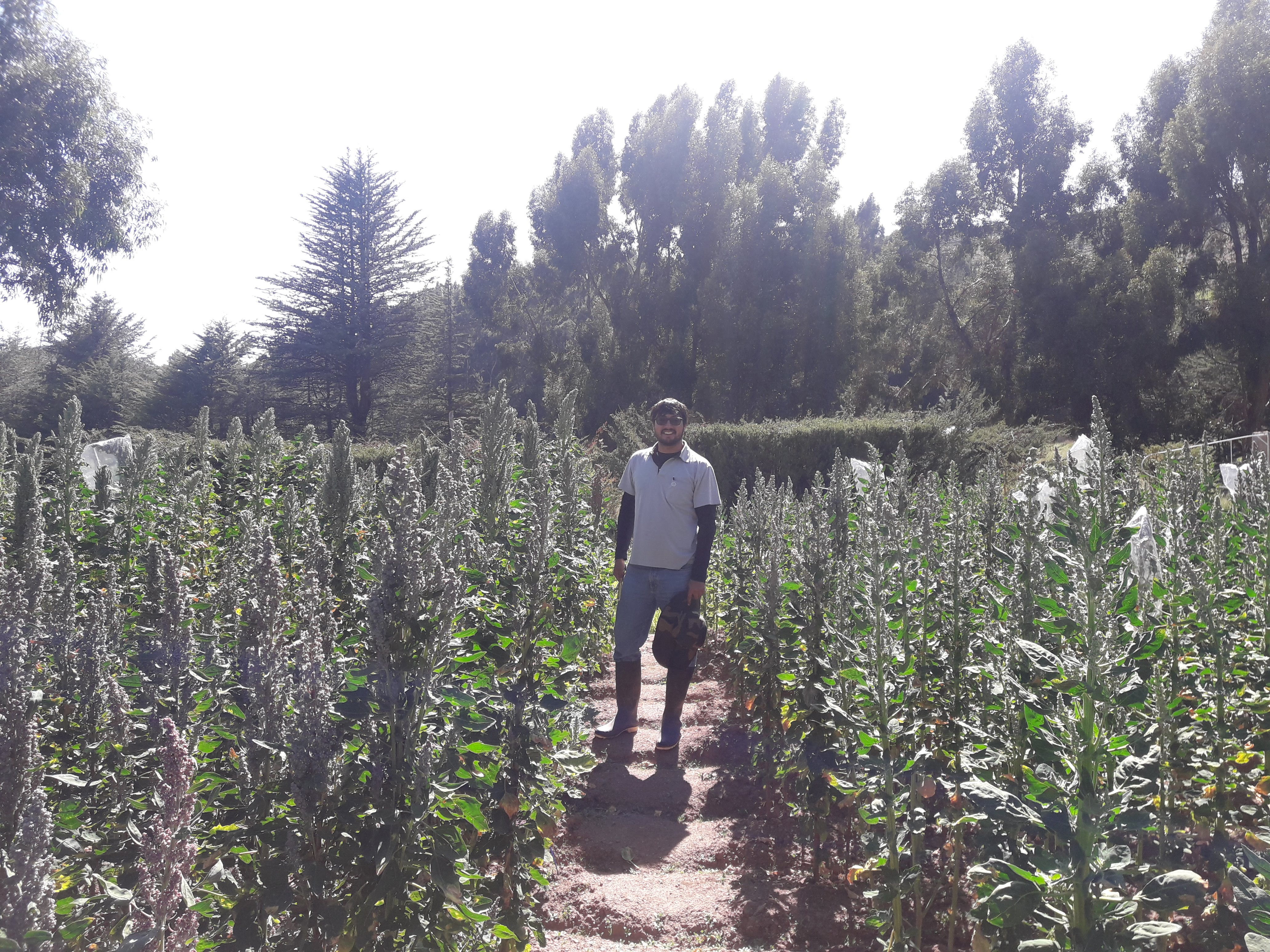
„This project enabled me to pursue a PhD and learn modern plant breeding methods, while developing quinoa varieties to advance food security in Peru“
What is quinoa?
Chenopodium quinoa
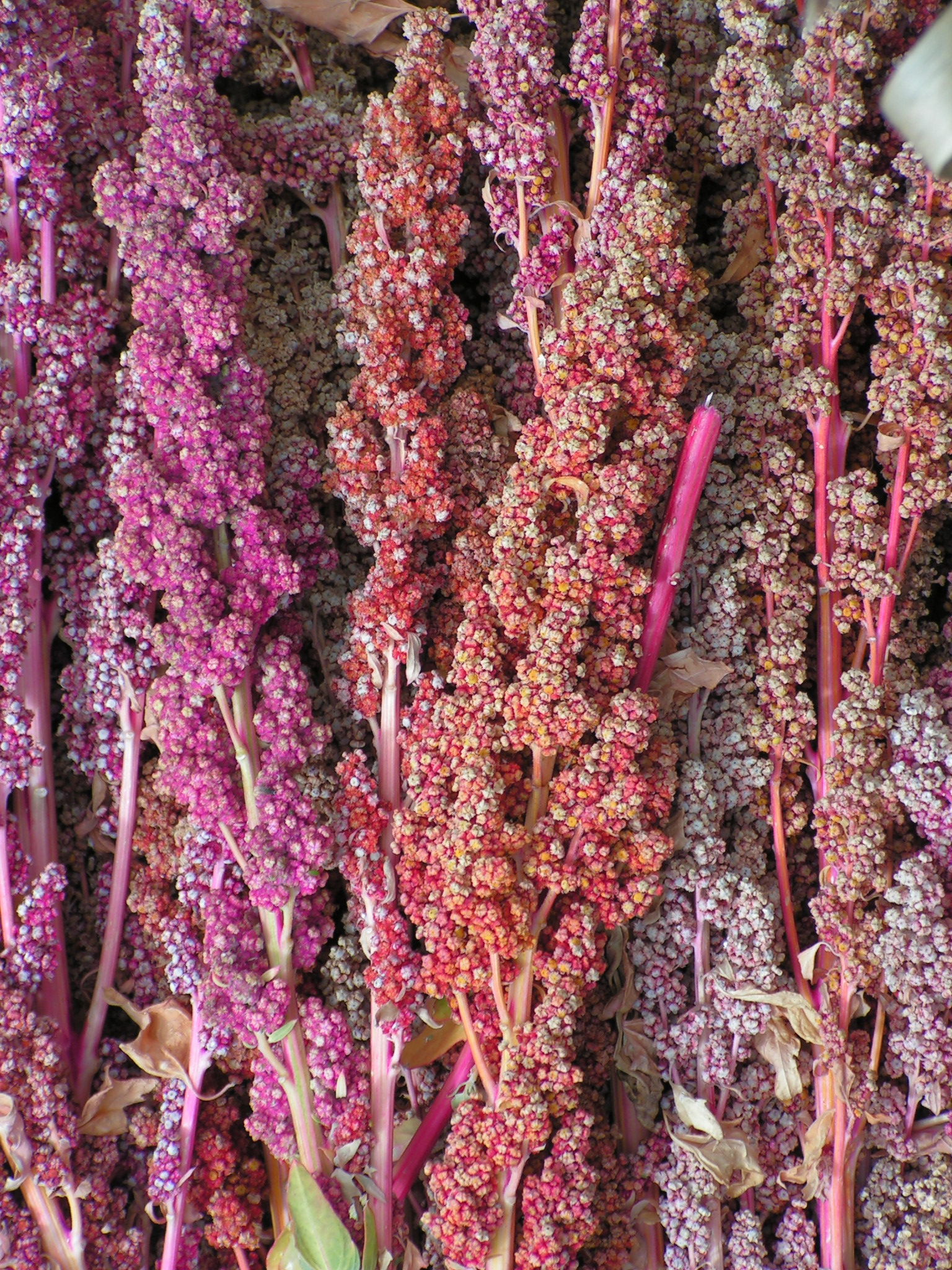
Producing countries
The main producing countries are located in the Andean region of South America, where quinoa was domesticated about 4000 years ago.
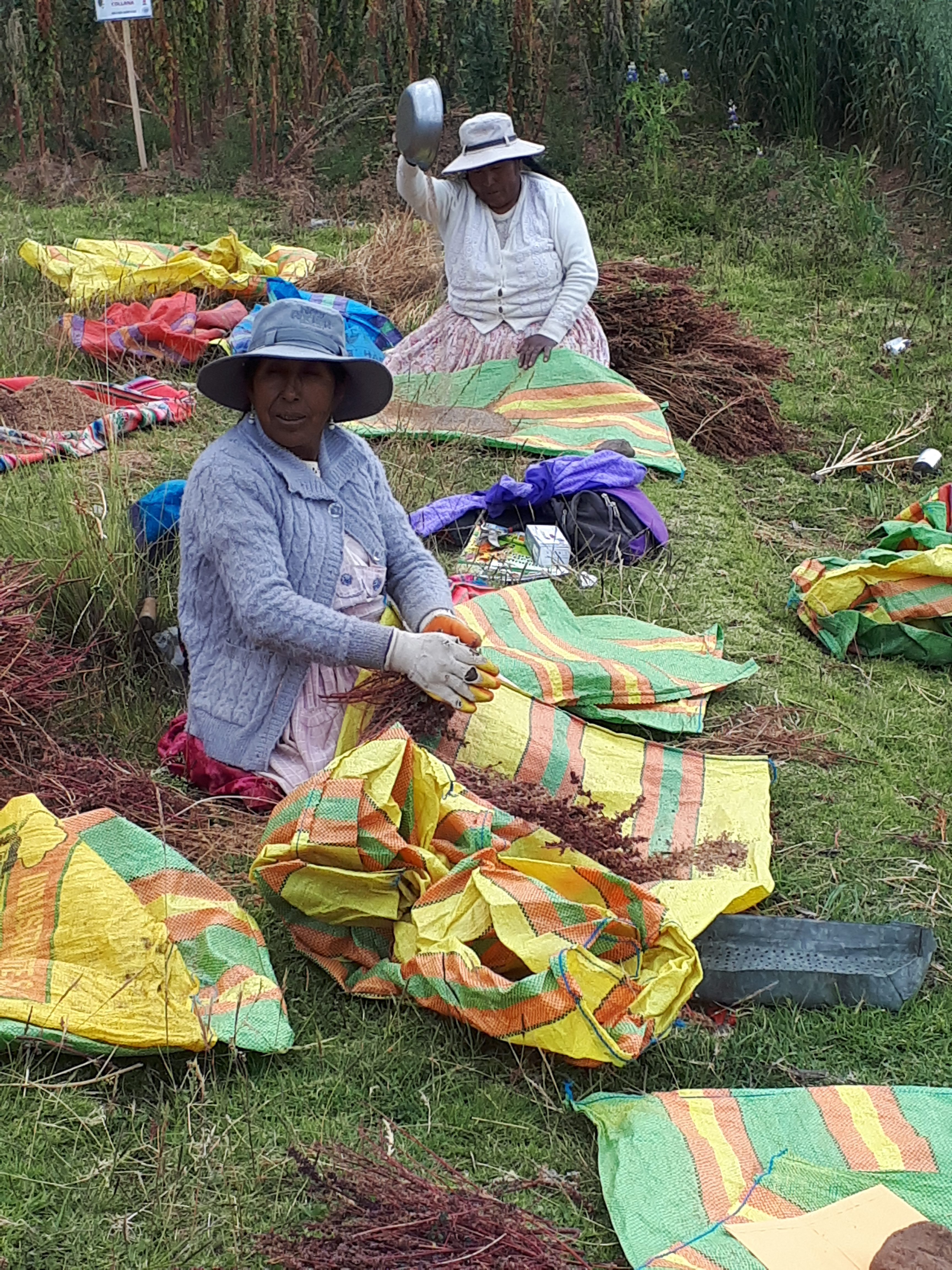
Flexible plant
An annual, highly nutritious grain crop which is
- adaptable to various environmental conditions
- resistant to droughts
- also tolerates both freezing and high heat
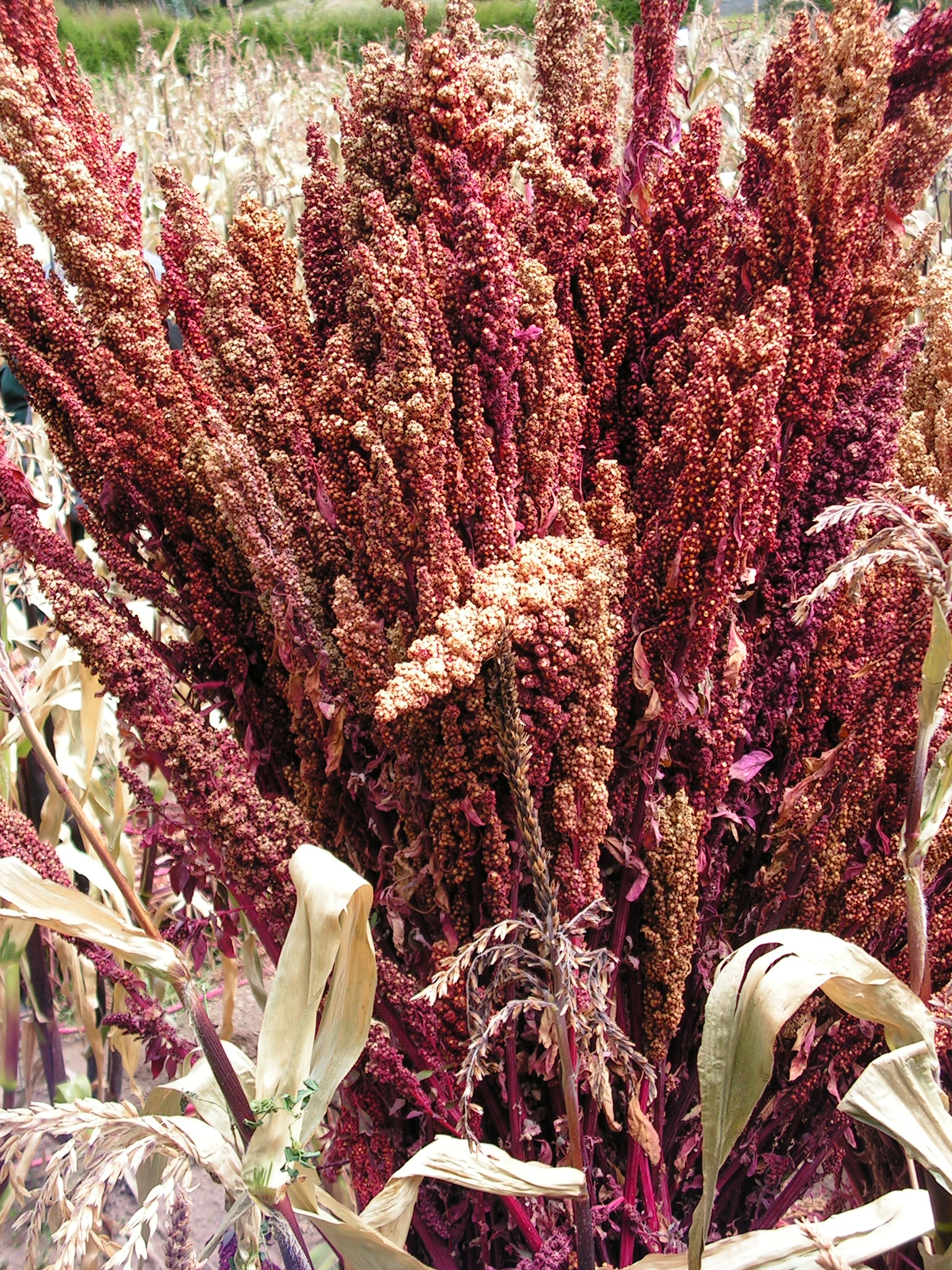
Valuable food
Quinoa is known to be a good source of essential amino acids, vitamins and minerals.
It is also gluten-free, which makes it a popular dietary addition. It has a delicate, nutty flavour, it is easy to prepare for a variety of dishes and used from salads to porridge.
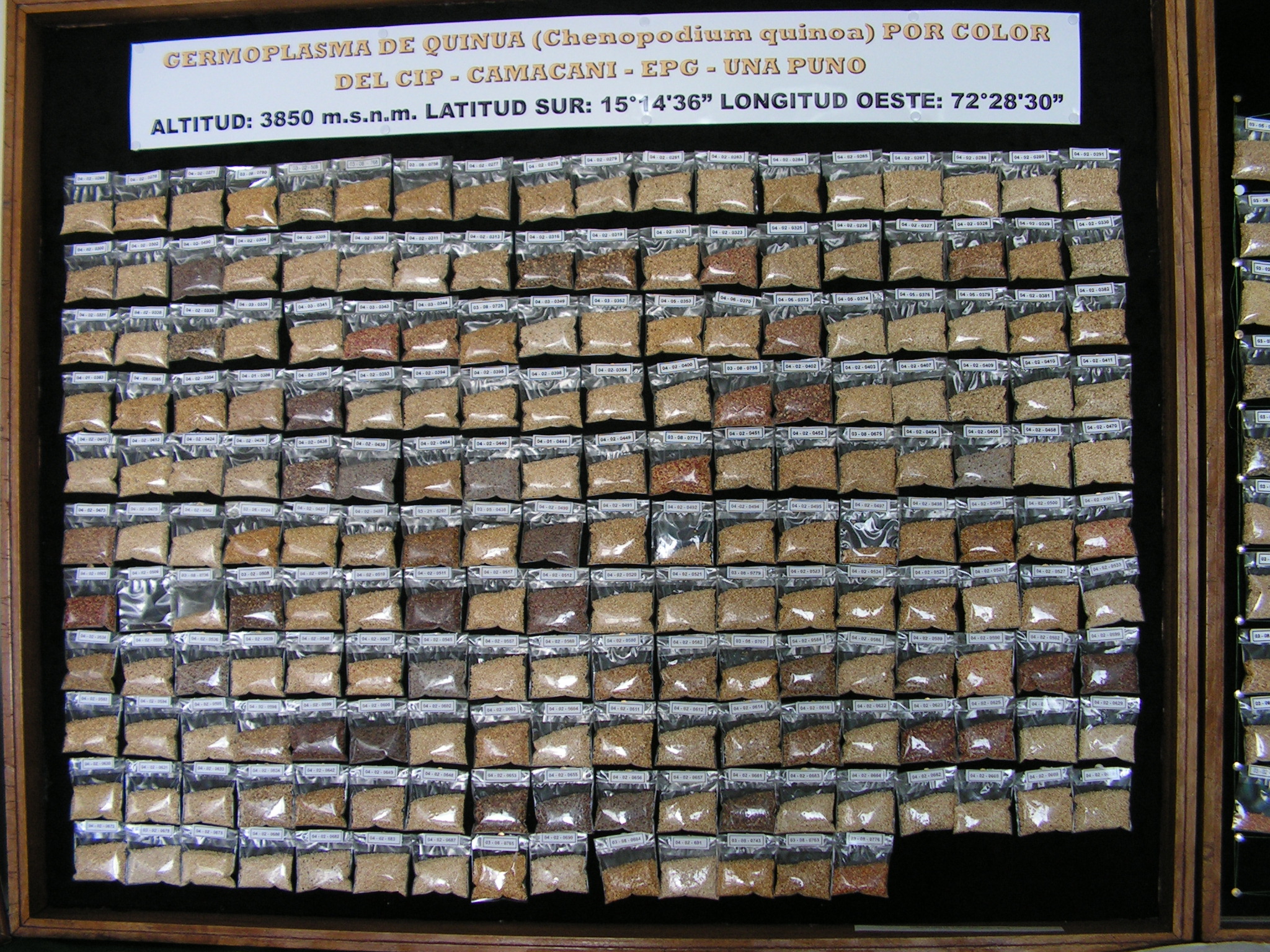
„I was happy to be part of this project, which successfully connected farmers with researchers, greatly expanding my perspectives.“
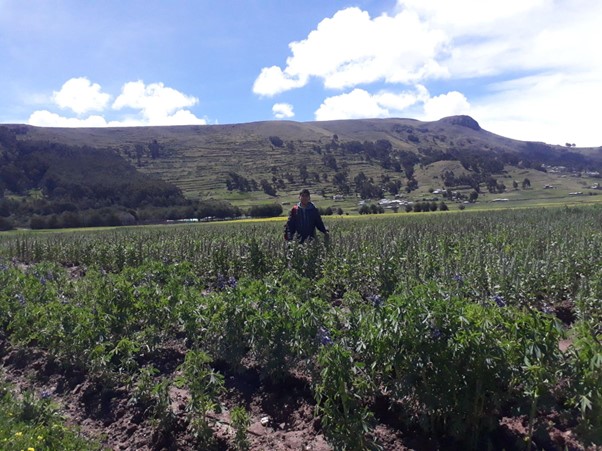
„Working alongside Peruvian and German scientists, this project enriched my skills in quinoa genetics, management, harvesting, and statistical approaches.“
A successful self-sustaining initiative in form of a public-private partnership
Ethiopia hosts a rich agricultural heritage with ancient farming traditions. Due to its history and very diverse agro-ecologies, it is a centre of diversity for several crops, including barley.
Agriculture is predominantly small-scale and subsistence-based. In the face of climate change and environmental degradation, small farmers need robust cultivars with high resistance to abiotic and biotic stresses – such as drought or fungal diseases. However, the availability of such cultivars is limited, as is small-scale farmers’ access to quality seed.
Our KWS development project in Ethiopia started in 2012 with the aims of strengthening the capacity of Ethiopian research teams to conserve plant genetic resources, introducing efficient strategies for improving barley, wheat and later also faba bean, and ensuring smallholder farmers’ access to improved seed.
The project was completed in 2022, when it turned into a successful self-sustaining initiative in the form of a public-private partnership led by German Development Cooperation (GIZ) and implemented in collaboration with Ethiopian Maltsters (beer brewing) and the barley breeding program of the Ethiopian Institute of Agricultural Research (EIAR).
What is the International Treaty on Plant Genetic Resources for Food and Agriculture?
Discover more
Your contact person
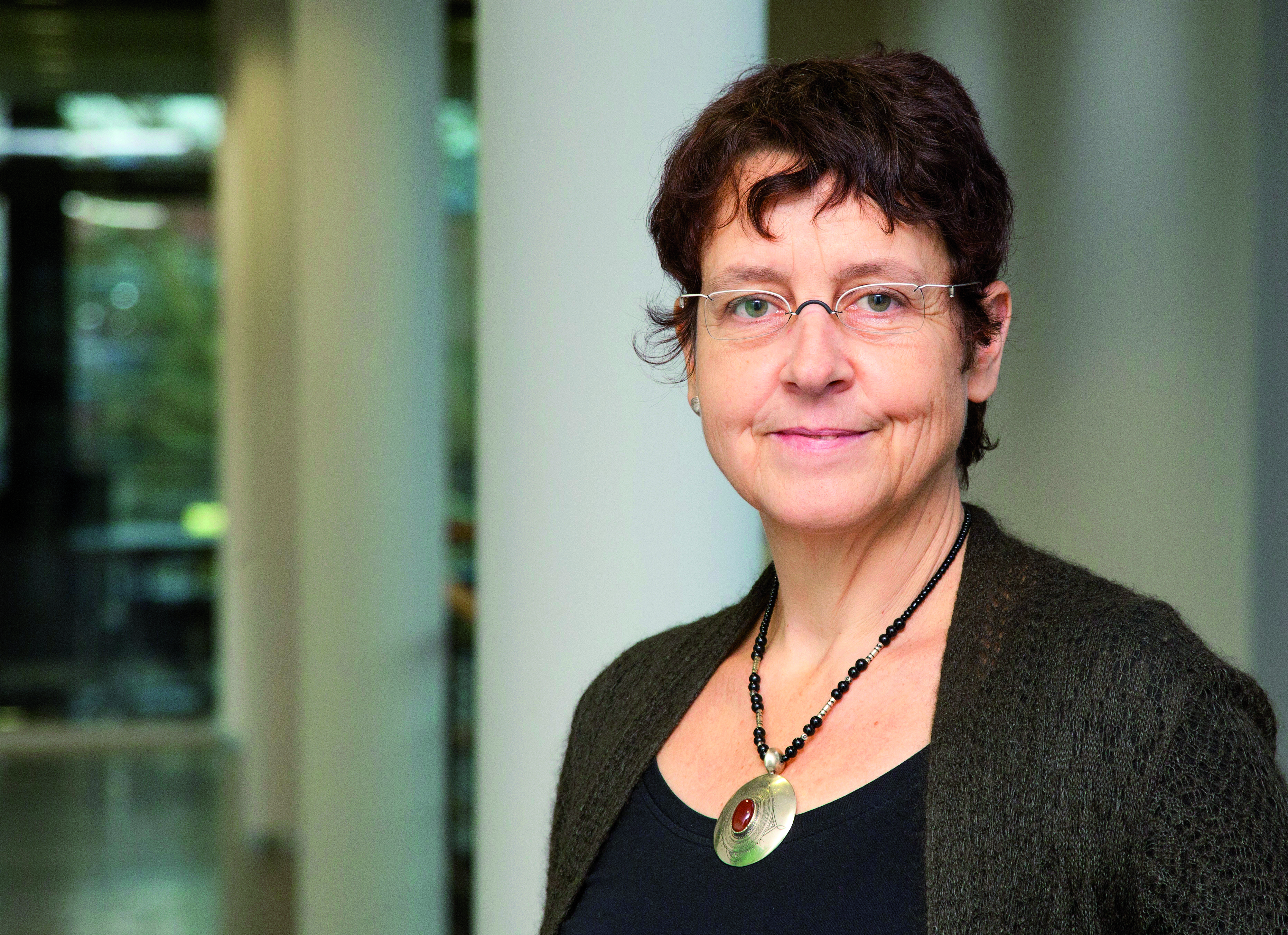


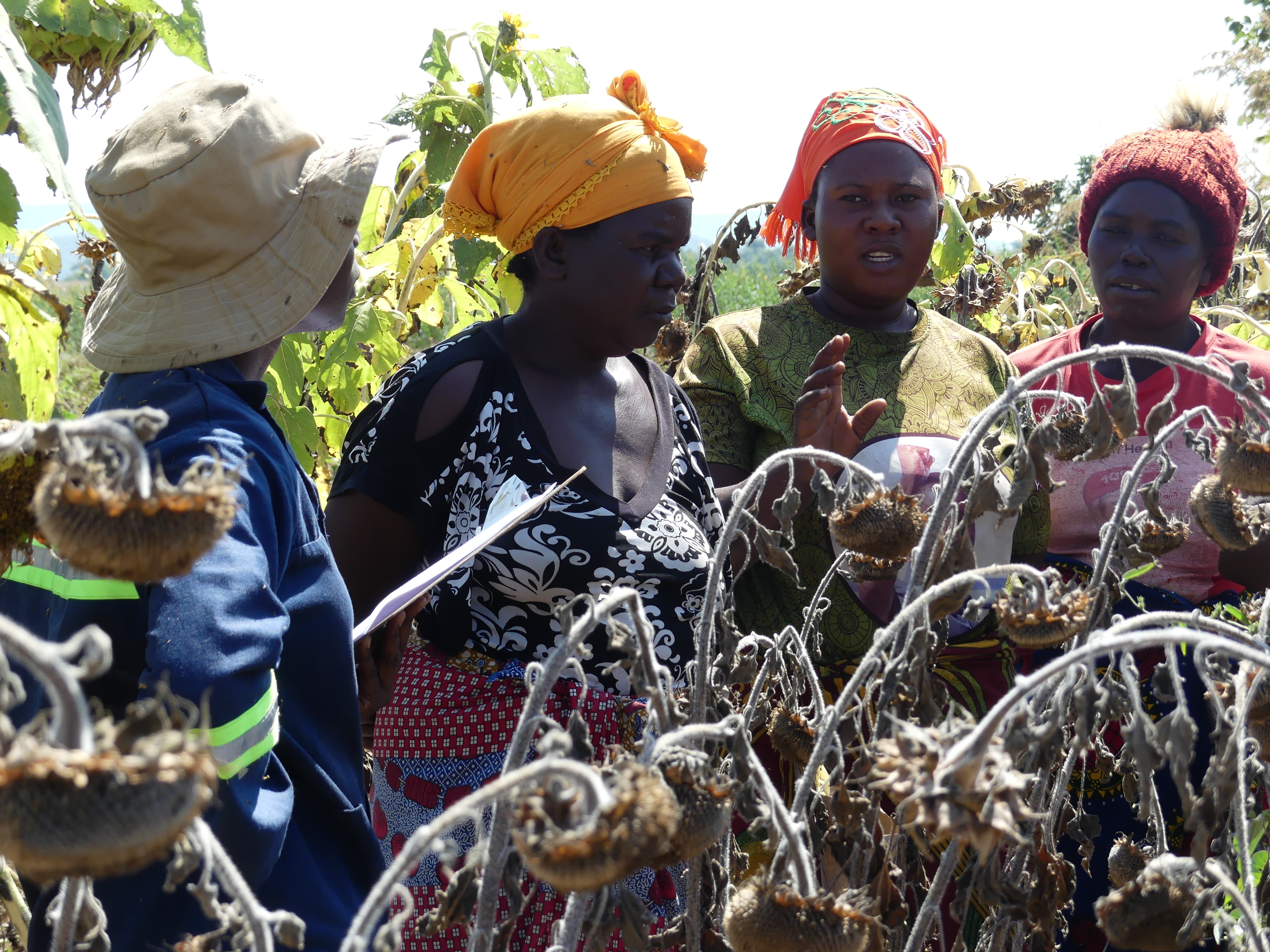
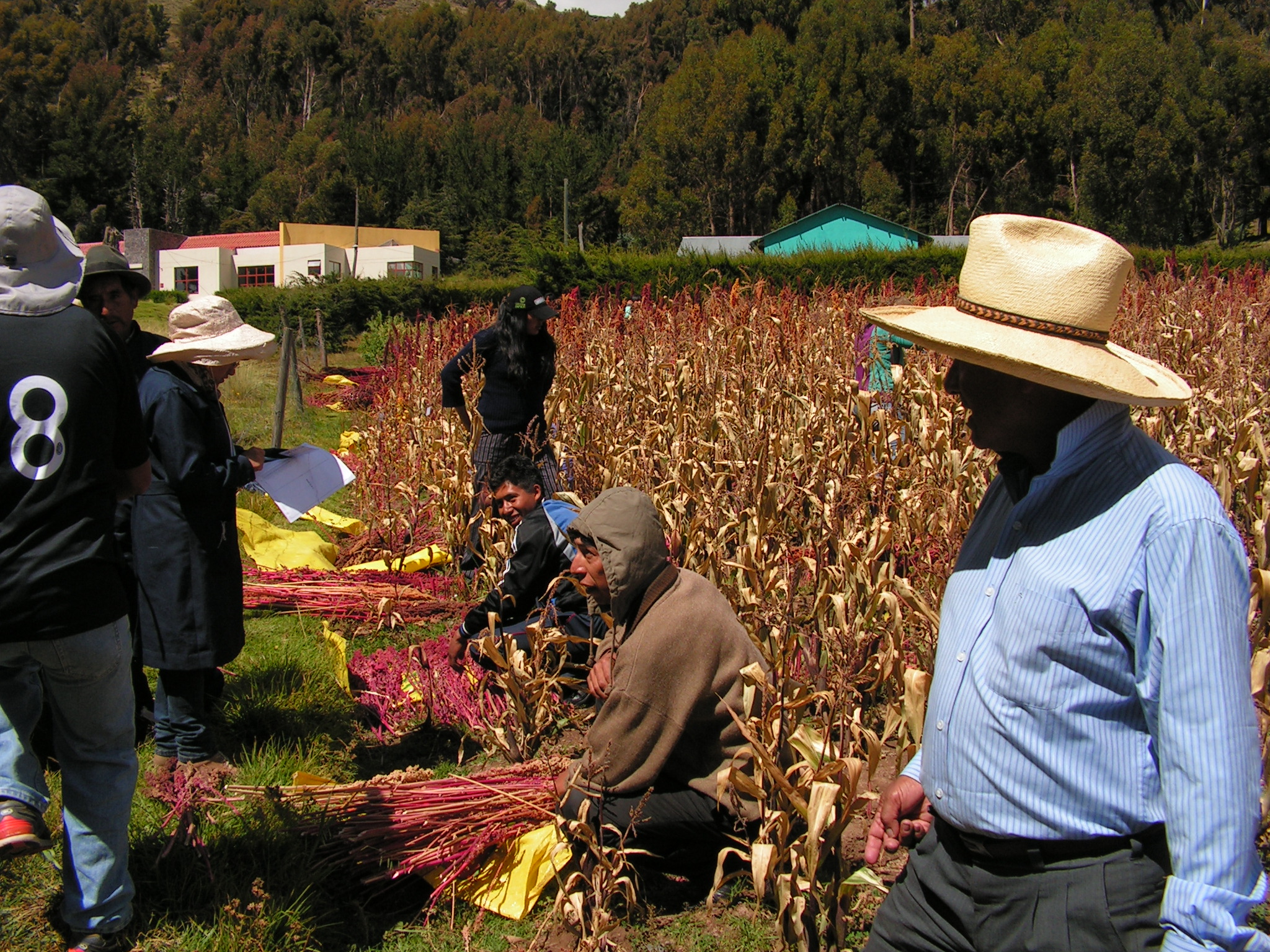
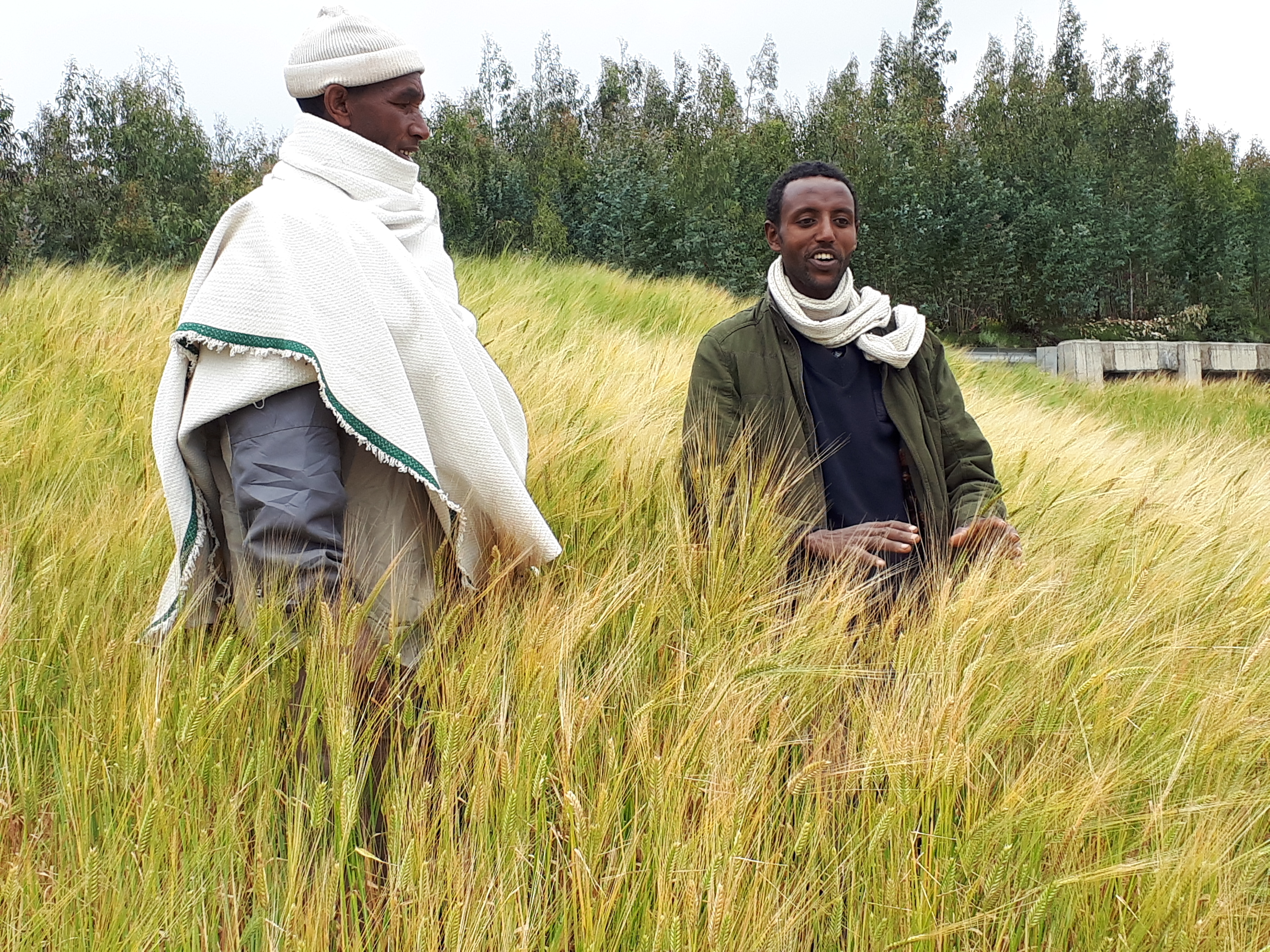
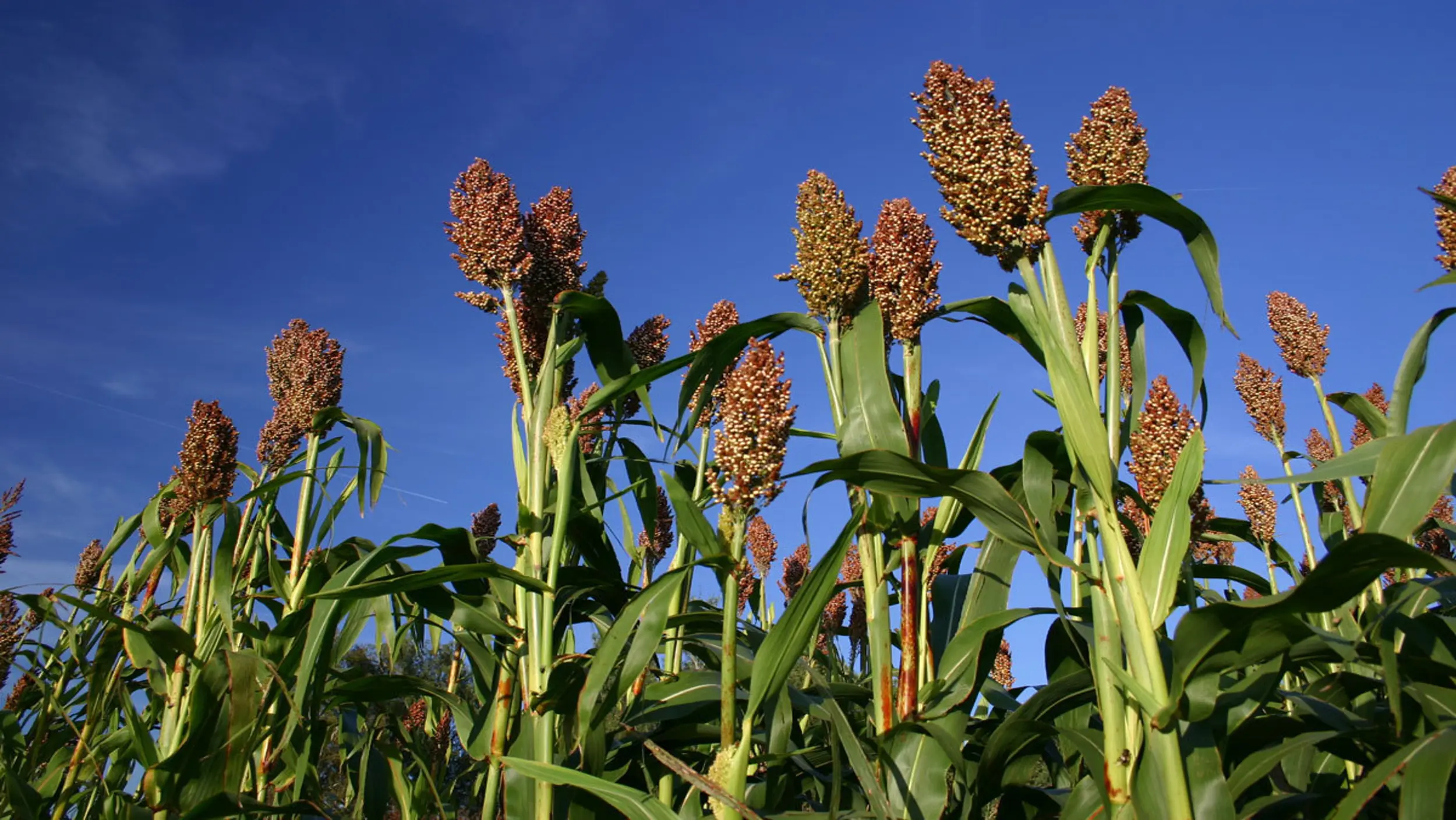
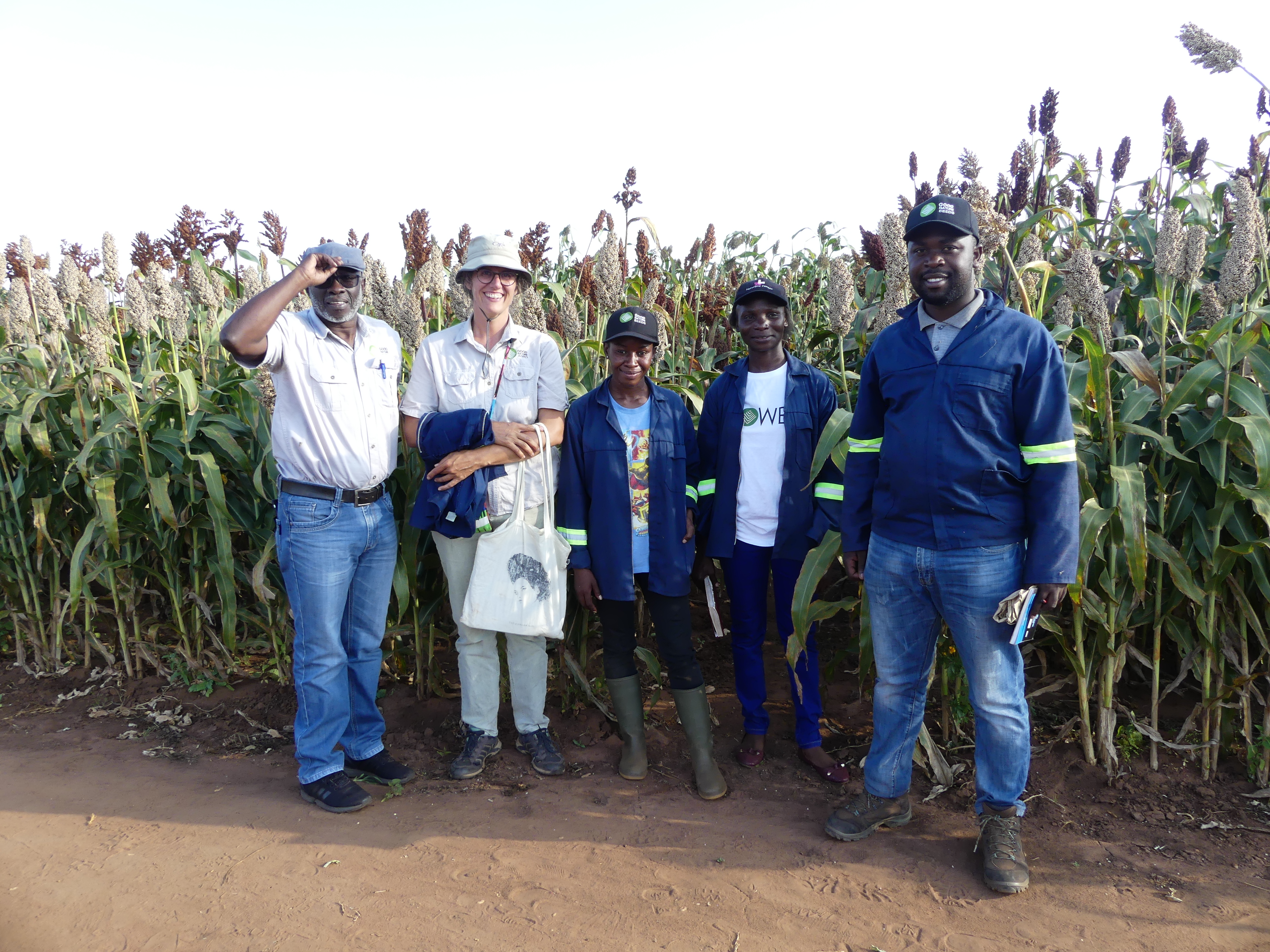
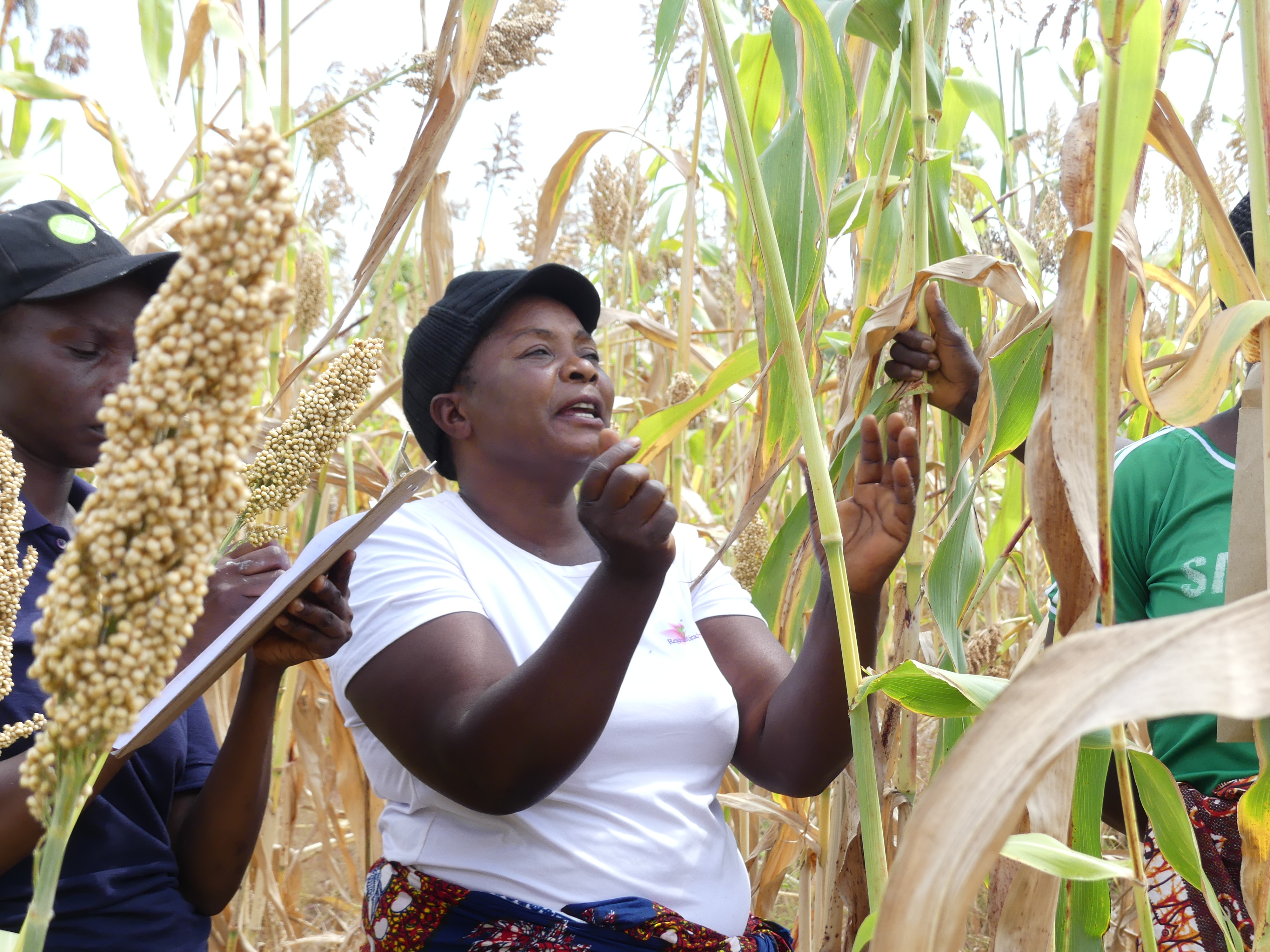
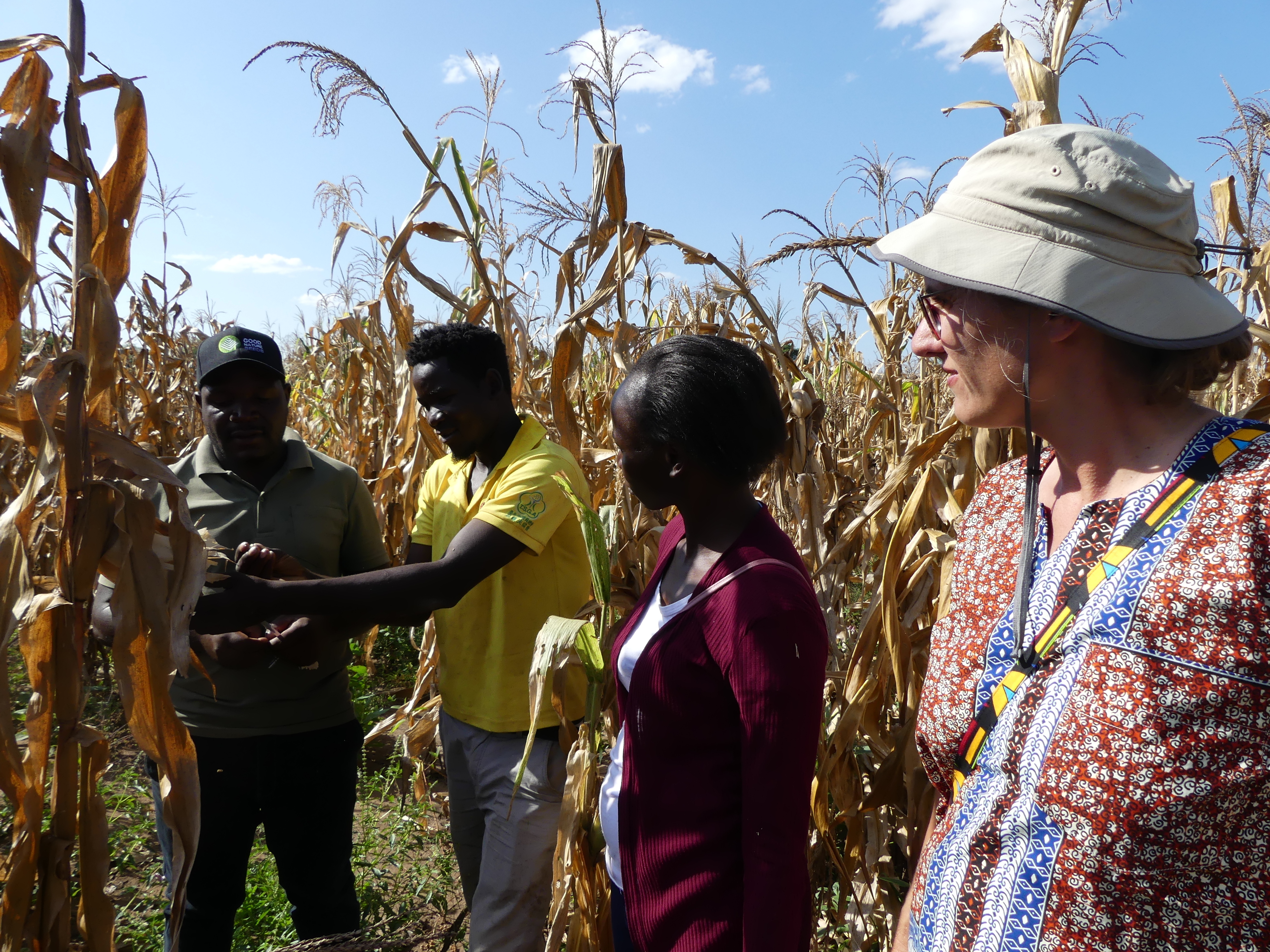
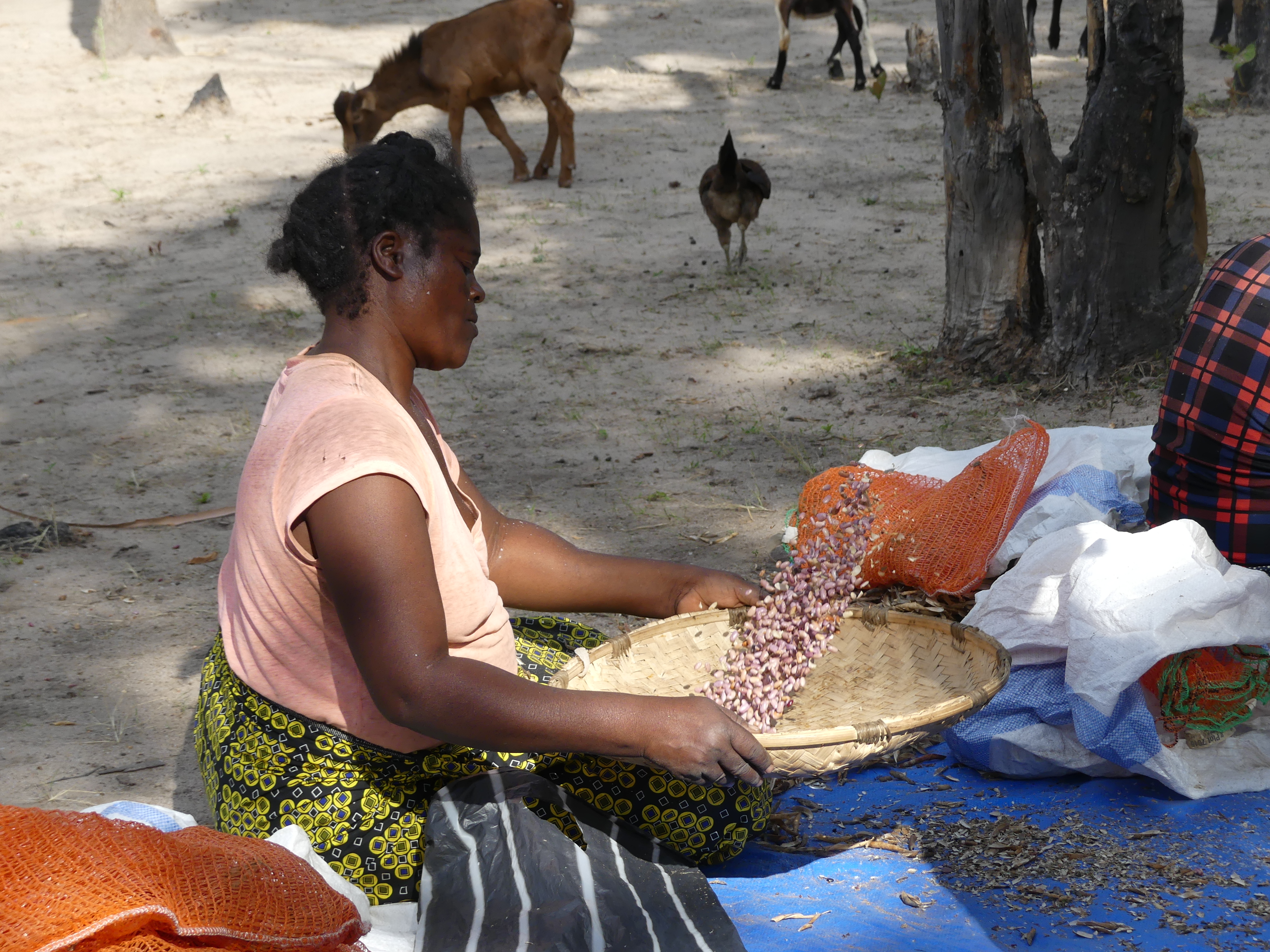
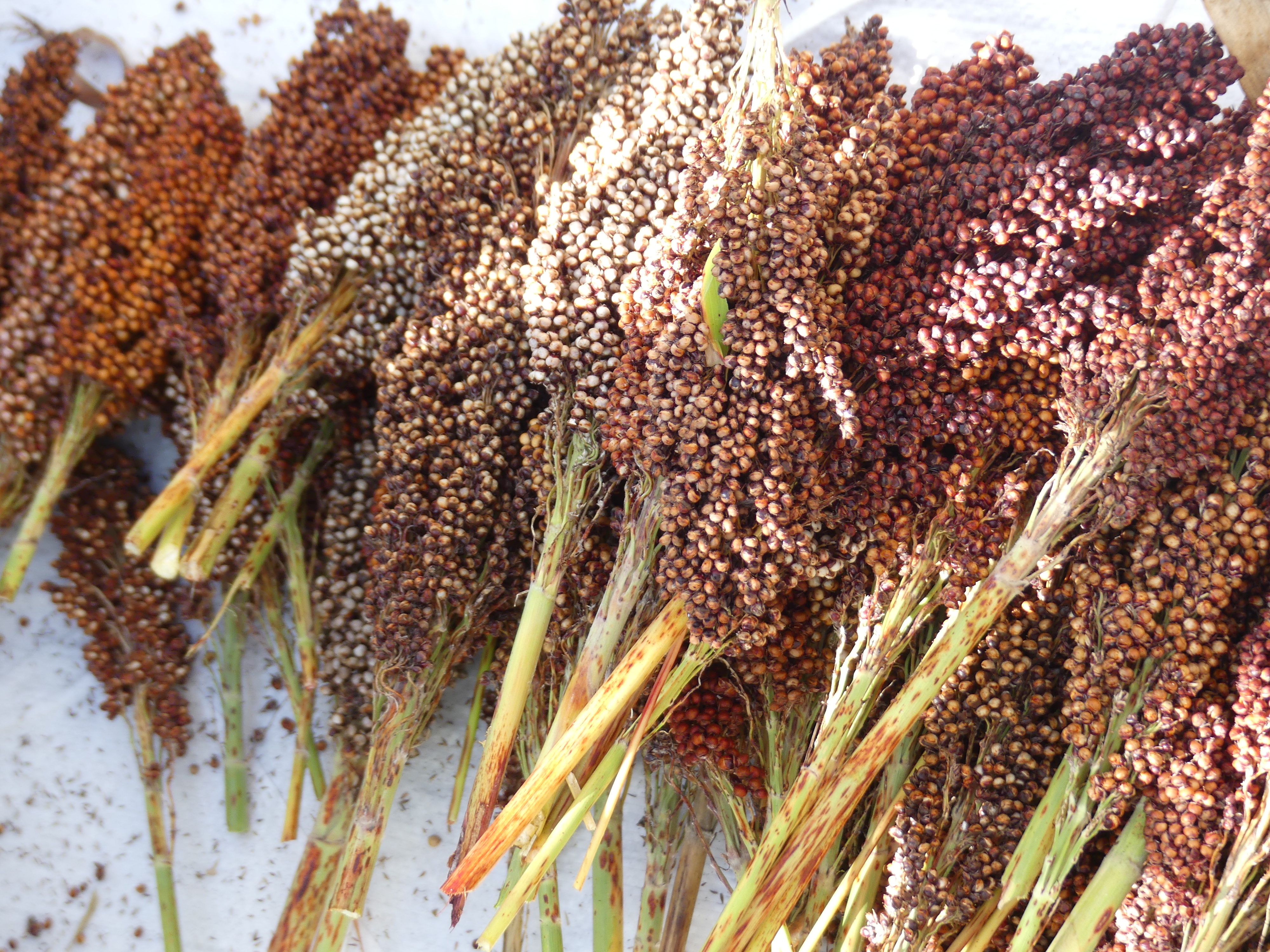
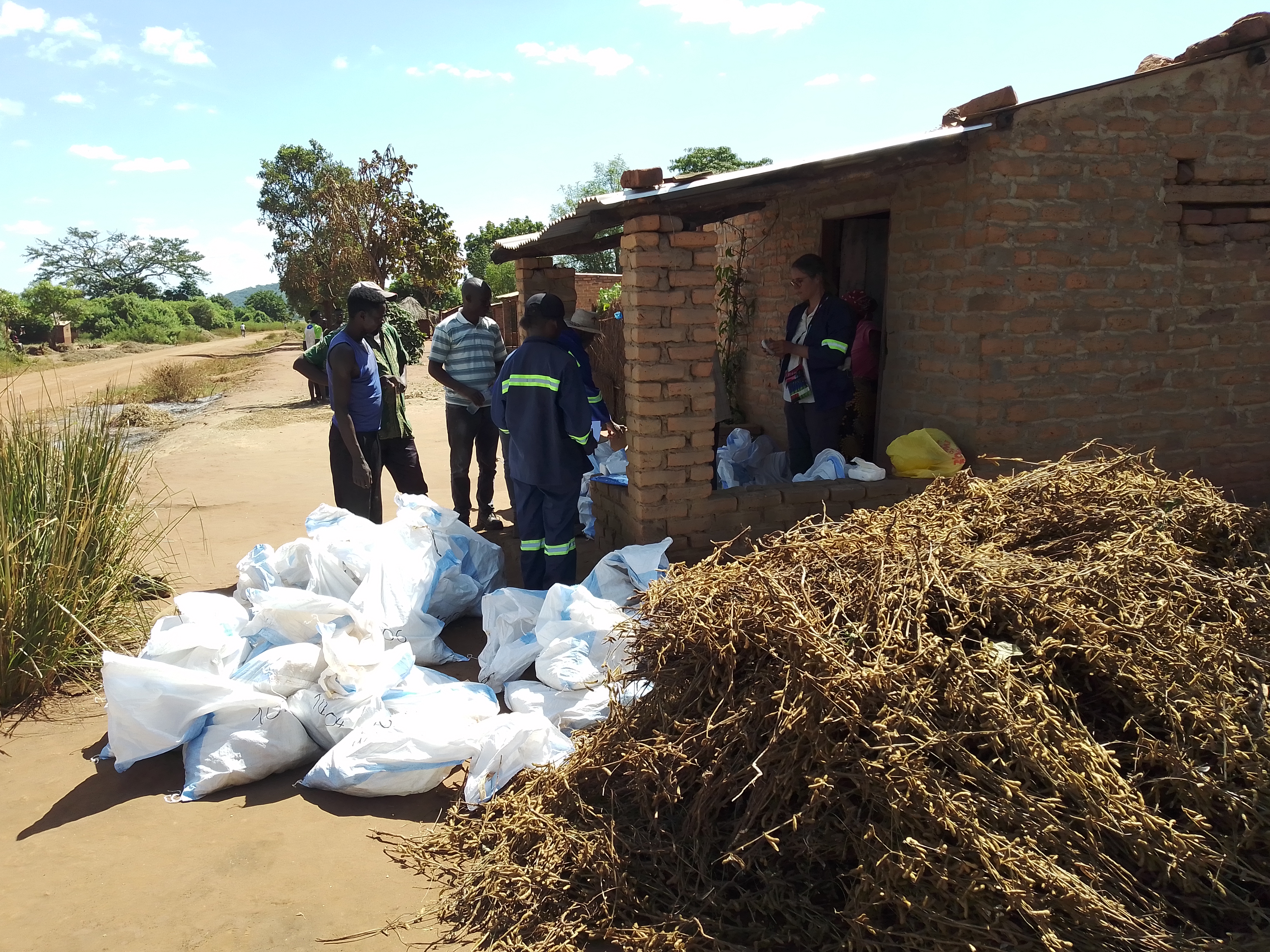
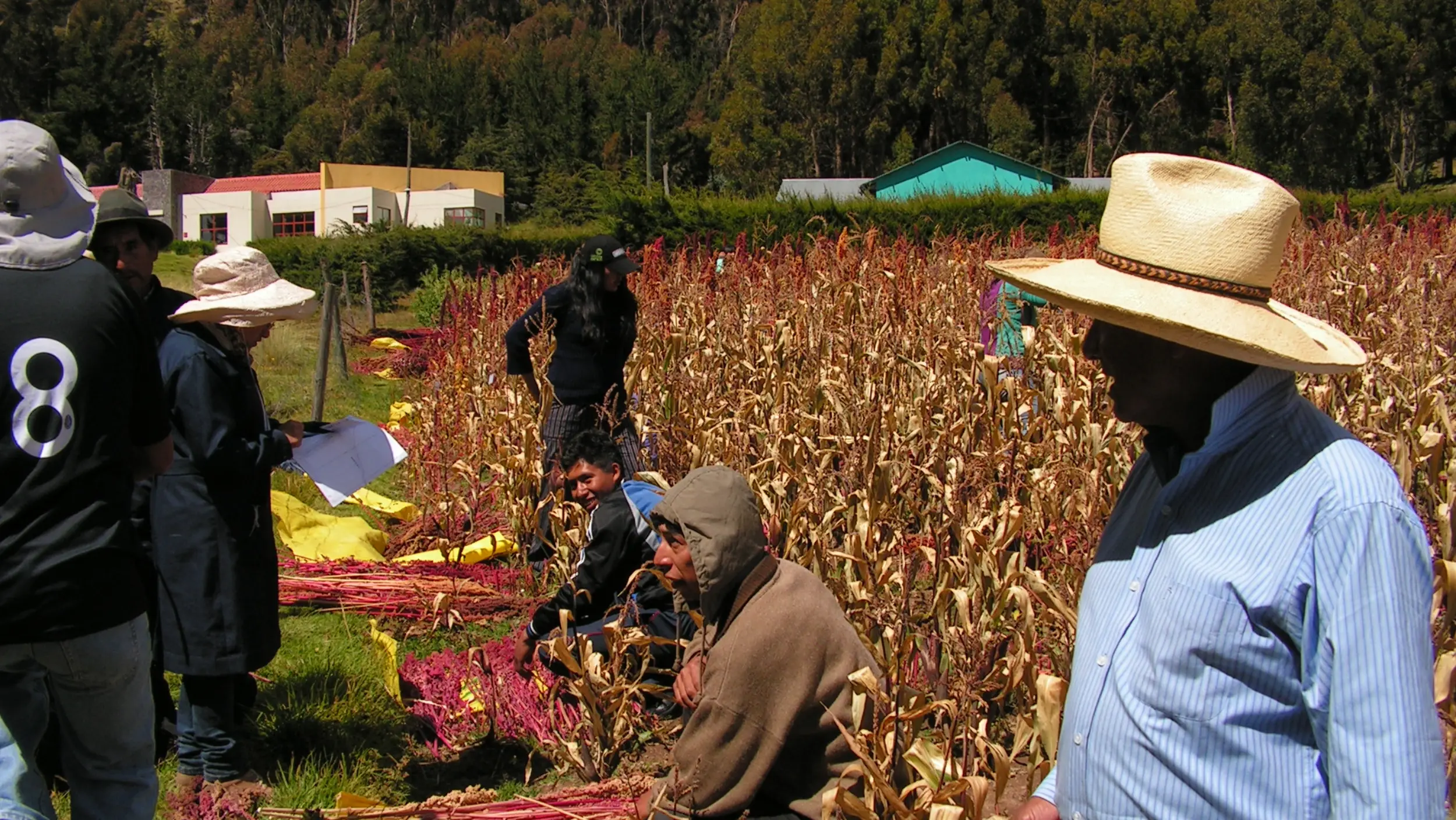
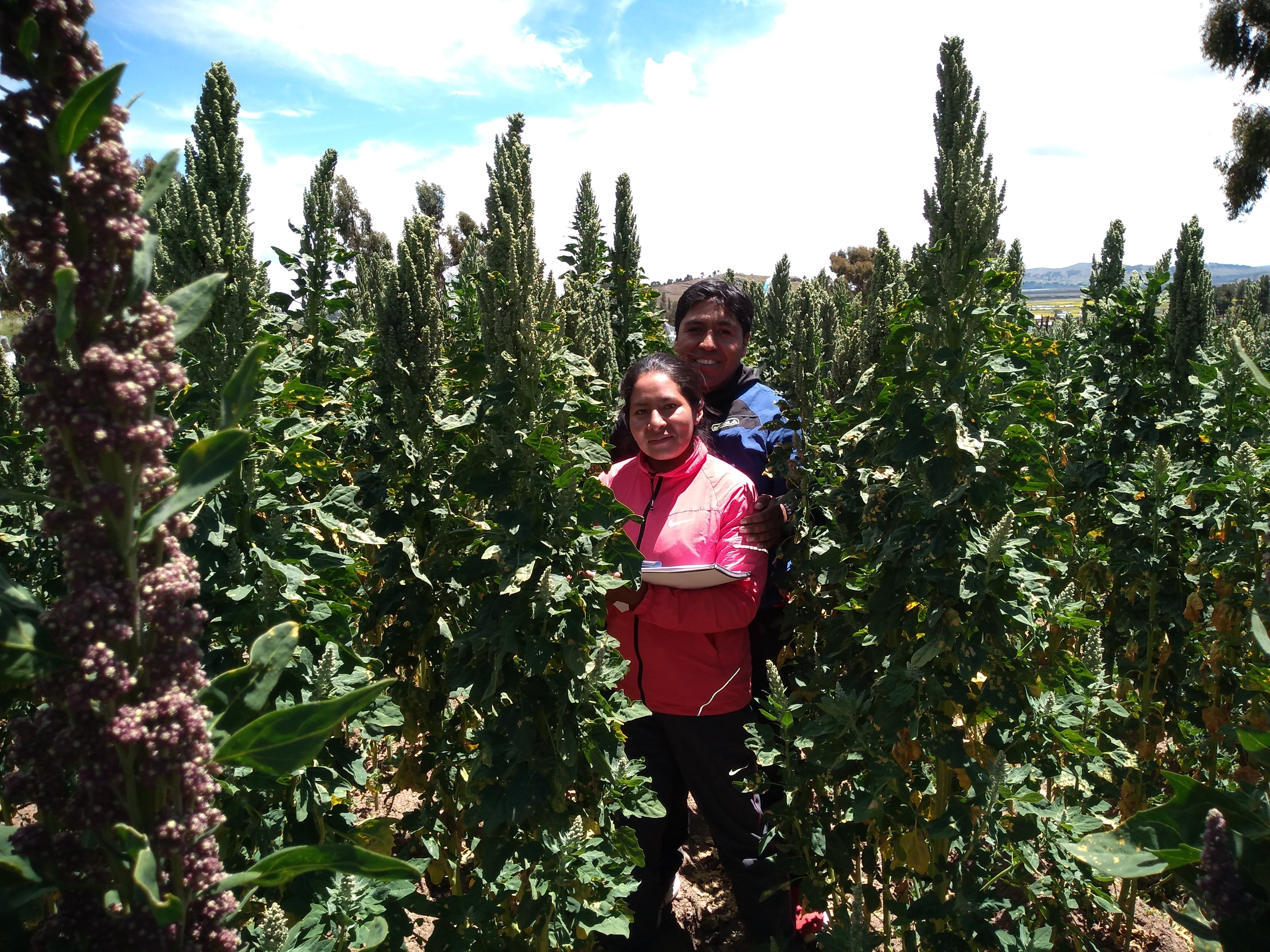
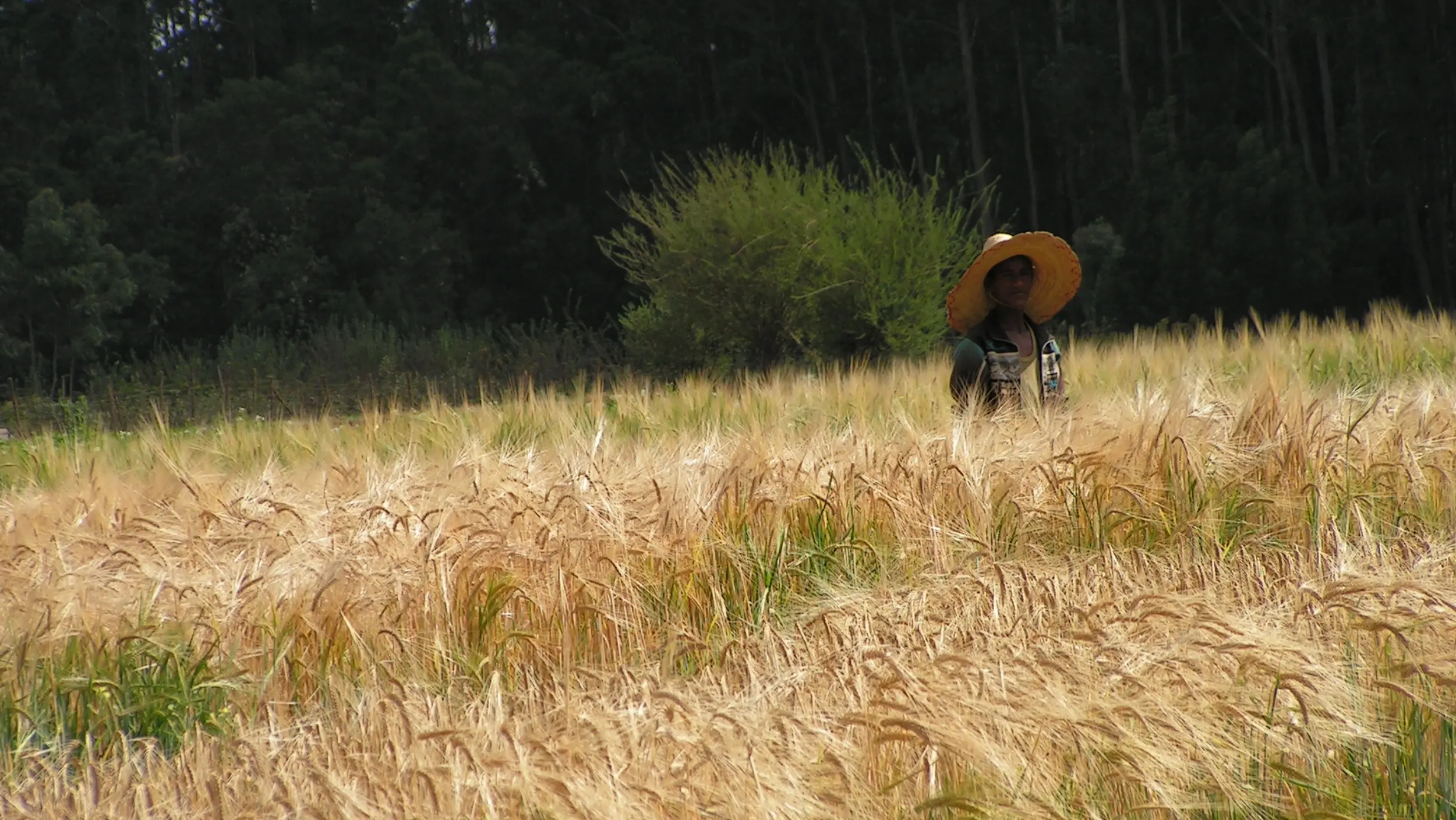
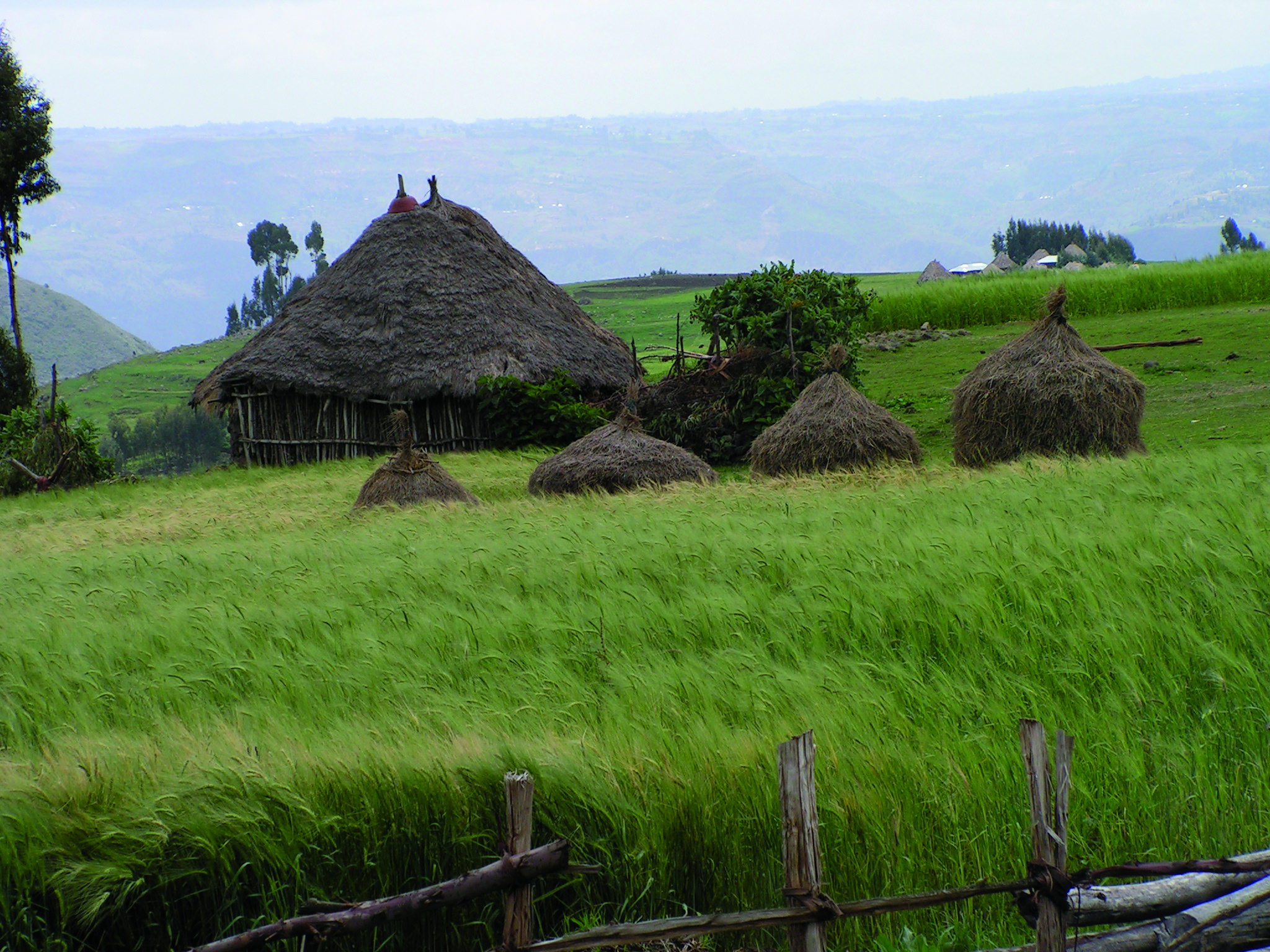
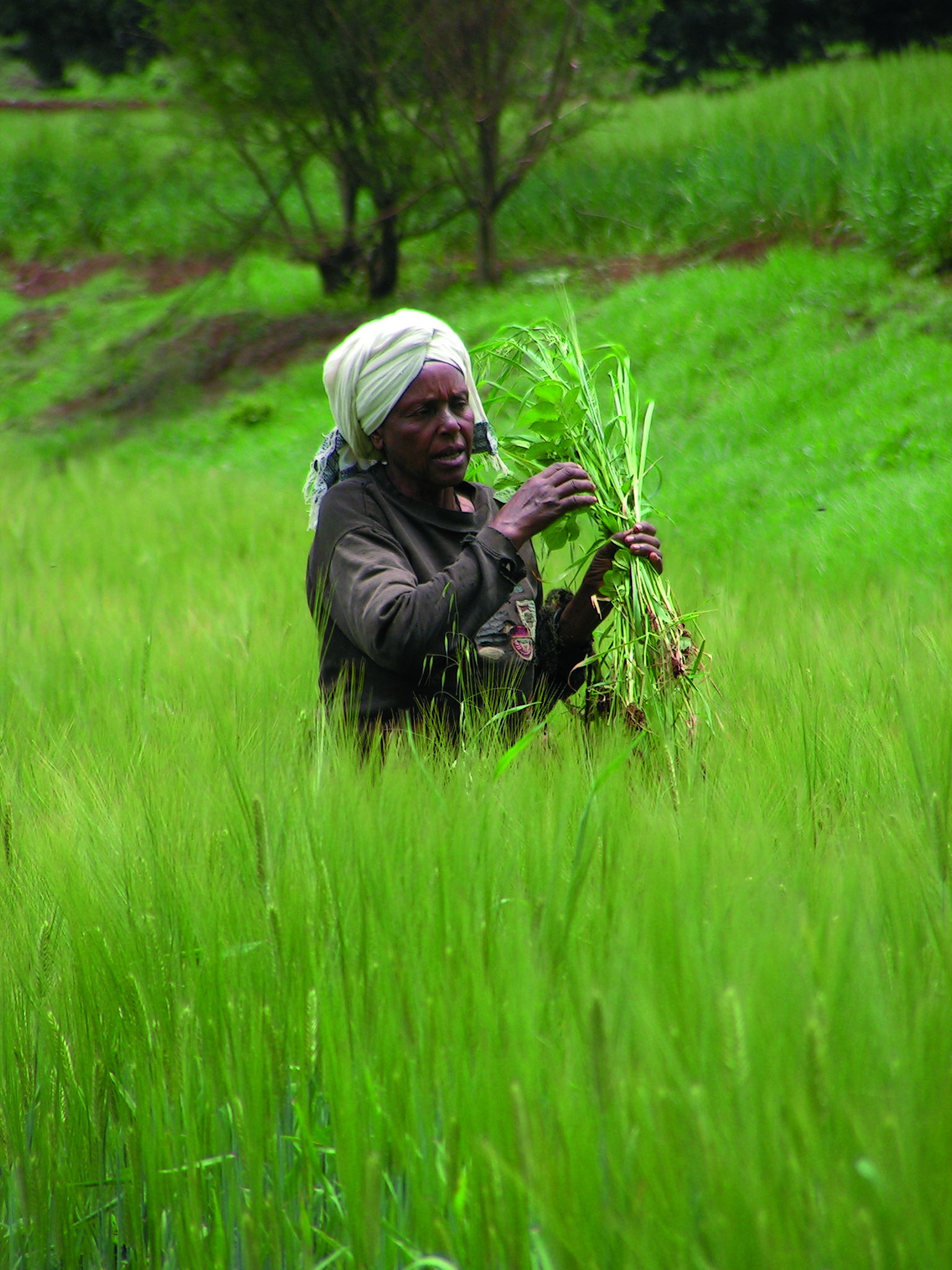
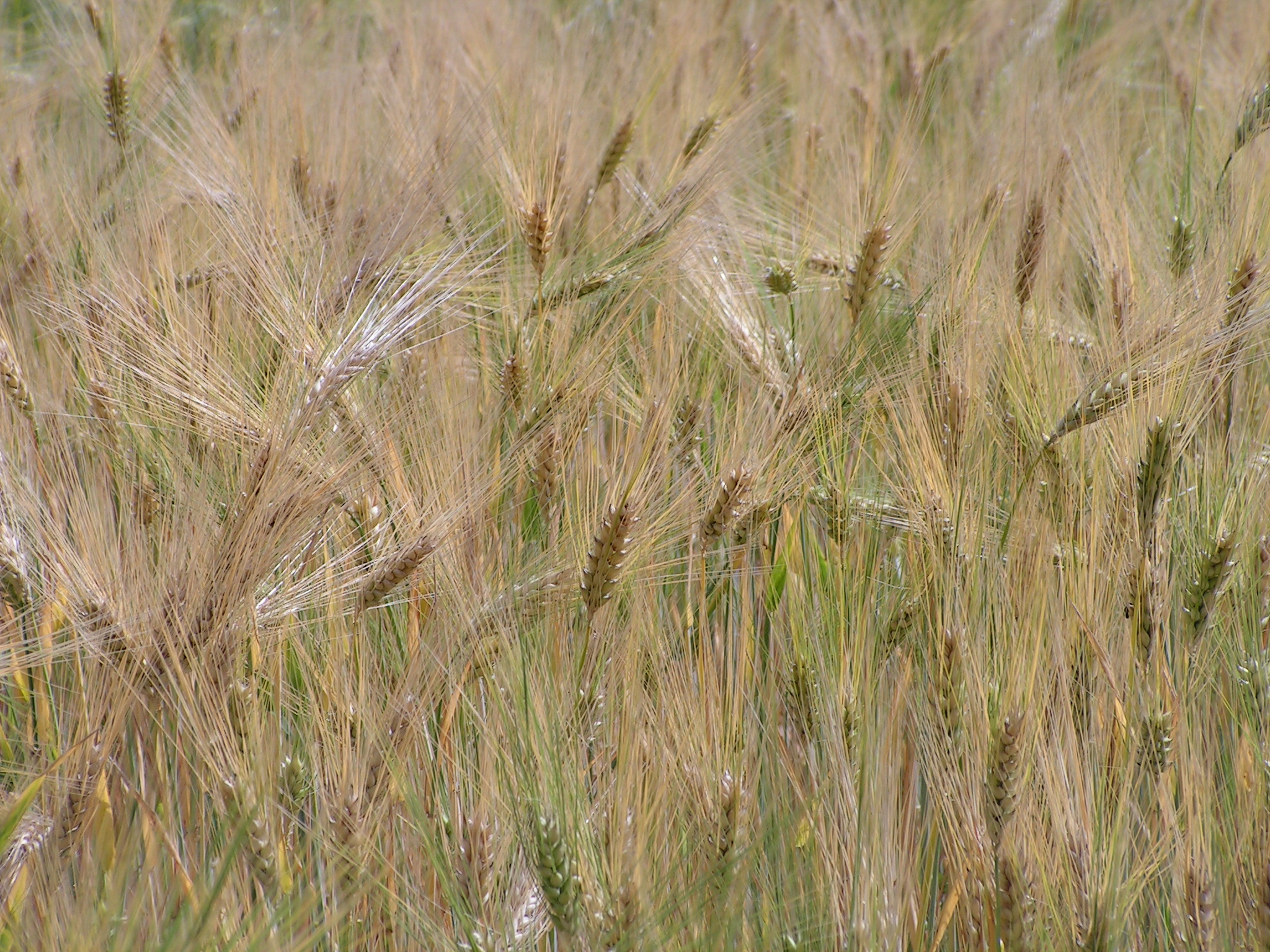
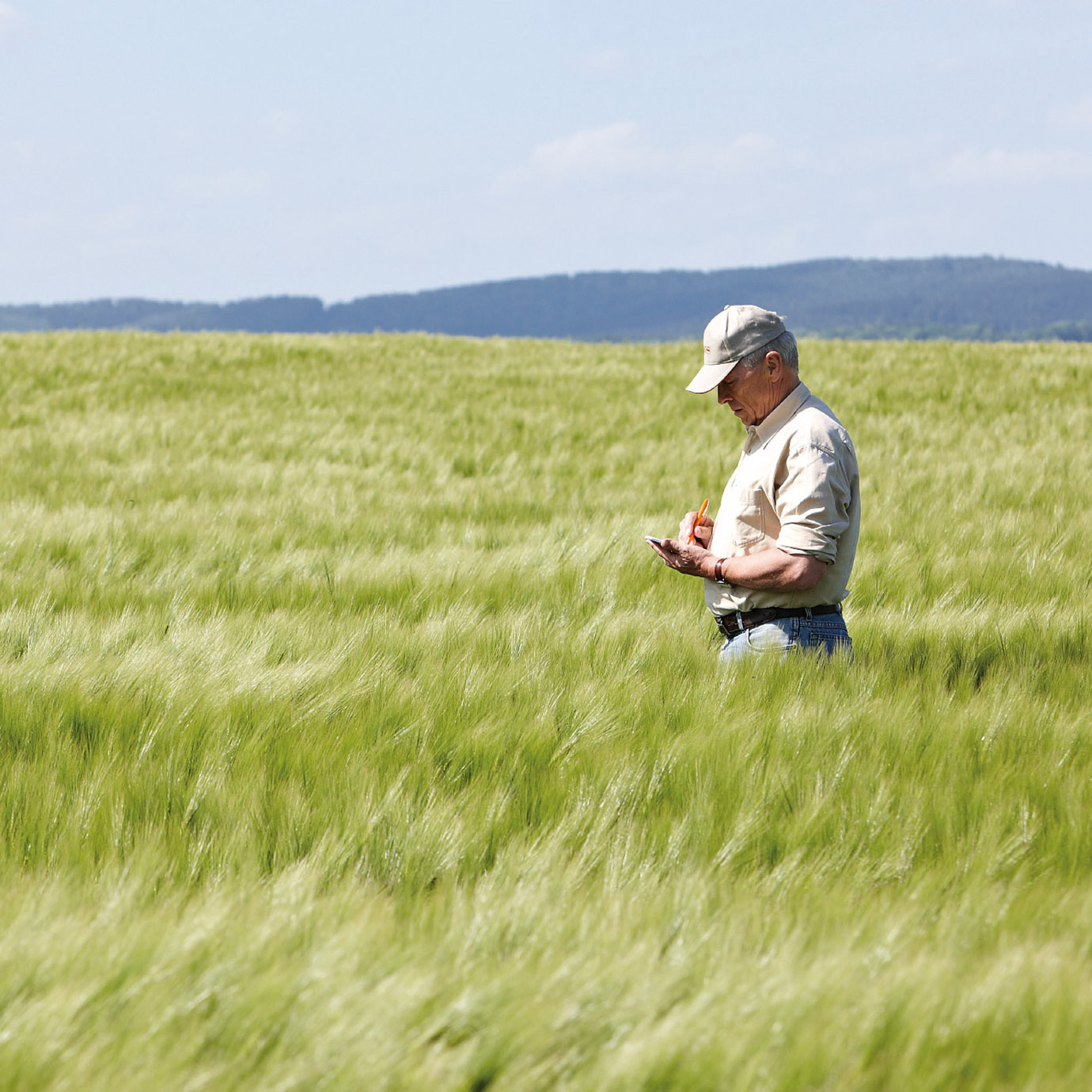
.png)
